38th martin luther king jr. College of Ministers & Laity
Saving Democracy While Thriving in the Wake of Cosmic Trauma


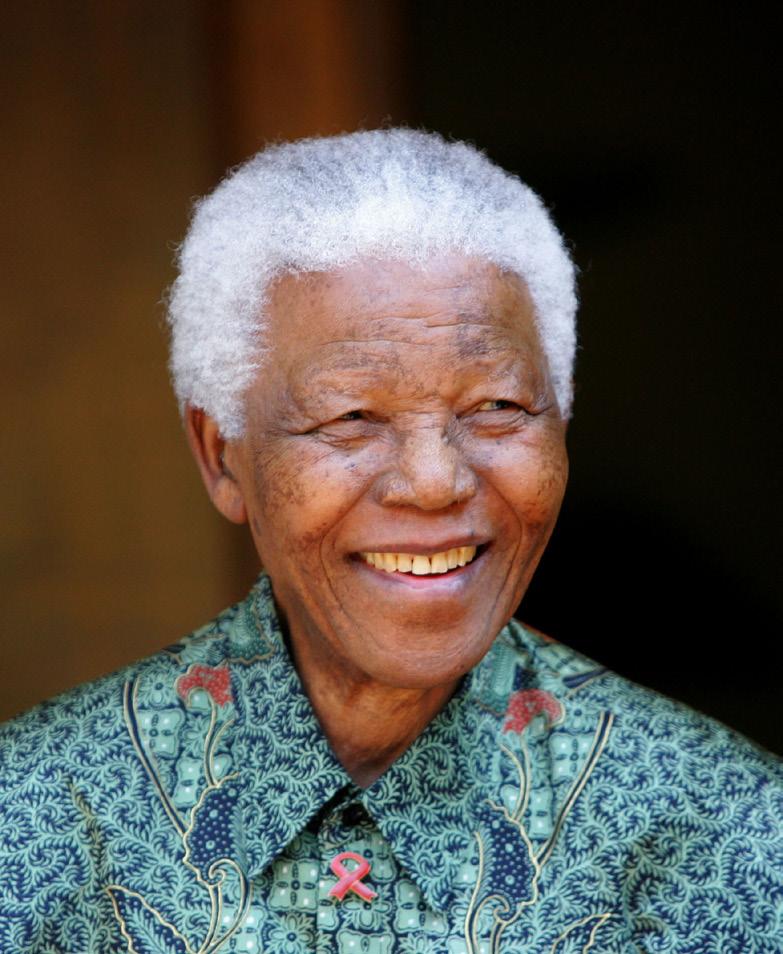

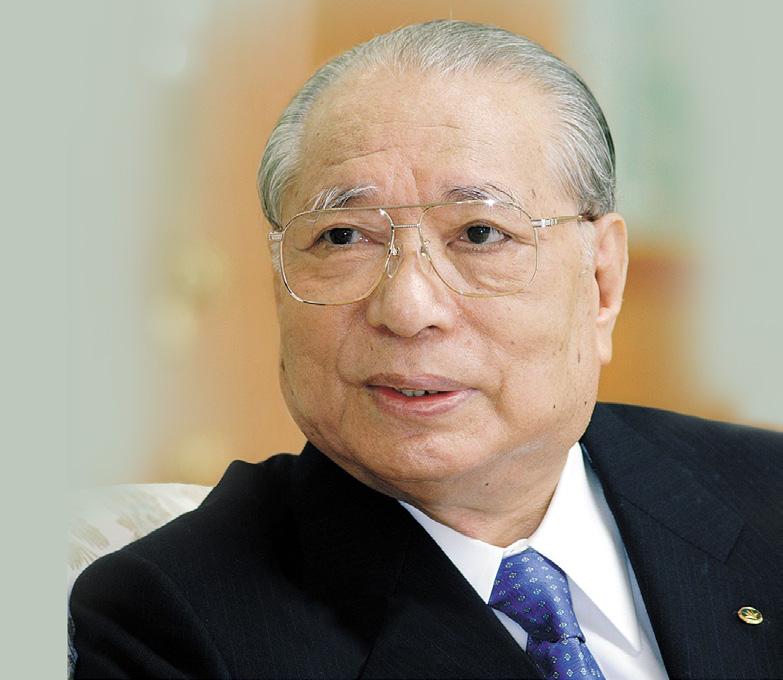
Wednesday, April 10, 2024 6 p.m.
celebrating the blessings of ramadan concert
Thursday, April 11, 2024 11 a.m.
benjamin elijah mays induction crown forum
Thursday, April 11, 2024 7 p.m.
nonviolent cosmic worldhouse assembly
ATLANTA, GEORGIA
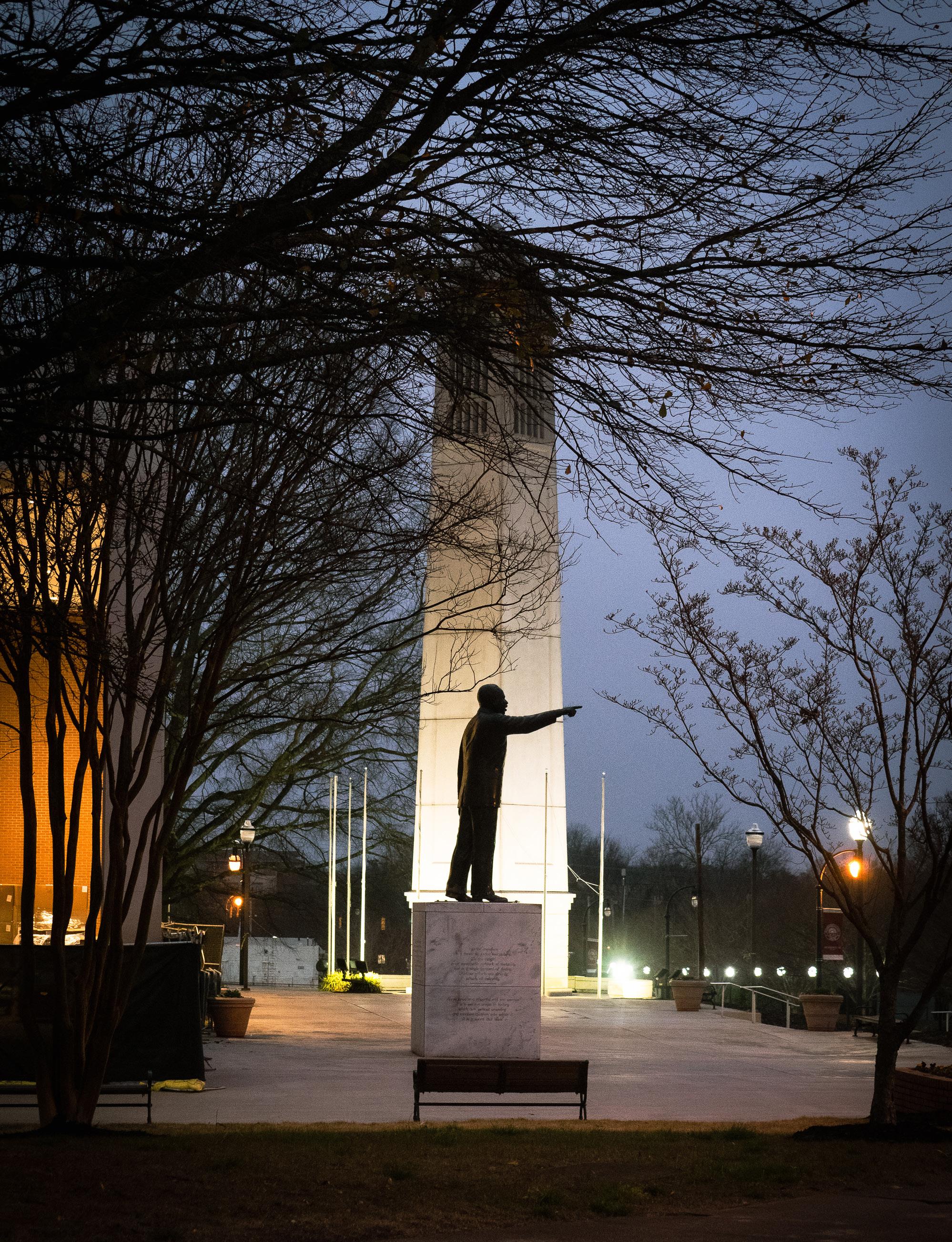
2
SCHEDULE OF EVENTS
Wednesday, April 10 7:00pm – 9:00pm
Celebrating the Blessings of Ramadan Concert
Free event featuring music, african drumming, and poetry
performances by : Ice Karim, Cyde Effect, Salymah IV, Obiaj
hosted by :
Effective Poetry & Atanta Masjid of Al-Islam
rsvp : effectivepoetry.com/life
Thursday, April 11 9:30am – 10:30am

Inductee Orientation and Guided Tour
location :
Chapel Library, Crown Nave, International Hall of Honor, Memorial Lobby and International Plaza
Inductees Only
Thursday, April 11 11:00am – 12:00pm
Benjamin Elijah Mays Crown Forum & MLK Jr. Induction Ceremony
“On A Darkly Radiant Vision: The Black Social Gospel in the Shadow of MLK”
speaker :
The Reverend Gary John Dorrien, Ph.D. Reinhold Niebuhr Professor of Social Ethics
Union Theological Seminary, New York, NY
location :
Martin Luther King Jr. International Chapel
Crown Nave
Open to the public
38th martin luther king jr. College of Ministers & Laity
Thursday, April 11 12:30pm – 2:00pm
Honoree Luncheon
“On The New Abolition, Breaking White Supremacy, and a Darkly Radiant Vision”
keynote speaker :
The Reverend Gary John Dorrien, Ph.D.
moderator :
The Reverend Devon Jerome Crawford ’15
Associate Campus Minister
Martin Luther King Jr. International Chapel
Morehouse College
location :
Shirley A. Massey Executive Conference Center by Invitation Only (Ticket Required)
5:00pm
Thurman Thursday: MLK Jr. International Chapel Assistants Meeting
“A Courageous Conversation on Christian Nationalism, American White Supremacy, and the Burden of Freedom Checked by Responsibility”
featuring :
The Reverend Bill J. Leonard, Ph.D. and The Reverend Dwight A. Moody, Ph.D.
location :
MLK Jr. Int’l Chapel African American Hall of Fame (second floor)
7:00pm
Nonviolent Cosmic WorldHouse Assembly and Conferring the Gandhi-King-Ikeda Community Builder’s Prize, Gandhi-KingMandela Peace Prize, and Oil Portrait Inductions
location :
Martin Luther King Jr. International Chapel
Crown Nave
Open to the public
3
From the President of the College
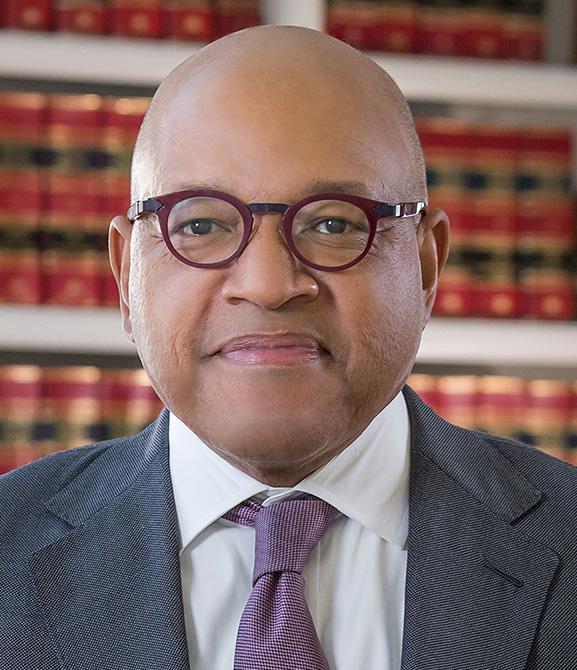
Welcome from the President
What a pleasure it is to welcome you to the Martin Luther King Jr. International Chapel and the 38th Martin Luther King Jr. College of Minister and Laity at Morehouse College. Since my arrival, much has changed at Morehouse, in the nation, around the world, and beyond. These are exciting times, and thanks to the support of so many, Morehouse is transforming itself to transform the world.
Led by the 44-year commitment and visionary leadership of the Reverend Dr. Lawrence Edward Carter Sr., founding dean of the Chapel, professor of religion and curator of the College, the edifice you are in has also experienced a magnificent transformation. There are more enhancements on the horizon and Morehouse owes a debt of gratitude to the vibrant leadership and the enduring legacy that Dean Carter is demonstrating. Each honoree and attendee at this celebration is reaping the benefit of the keen and watchful gaze of our beloved dean and I offer a personal word of thanks for his extraordinary contributions. His staff and other Morehouse team members have contributed tirelessly to the effort to make this time to be remembered.
Congratulations to the exemplary Class of 2024 honorees and inductees. We are exceptionally honored to confer the Gandhi•King•Ikeda Community Builder’s Prize this evening on Wanjira Mathai, Managing Director for Africa and Global Partnerships at the World Resources Institute, Chairperson of the Wangari Maathai Foundation and Senior Advisor of the Partnerships for Women Entrepreneurs in Renewables in East Africa. The Gandhi•King•Mandela Peace Prize will be conferred on Gary John Dorrien, PhD, Episcopal Priest, Distinguished Professor, and Democratic Socialist Activist who is our speaker for the Induction Crown Forum. Dr. Dorrien is also known for his Trilogy of books that highlight the efficacy of the Black Social Gospel Tradition. We look forward to their timely insight, expounding on the multi-year theme of the Chapel, “Saving Democracy While Thriving in the Wake of Cosmic Trauma.”
There are too many donors to thank for the financial support that undergirds the restoration of the Martin Luther King Jr. International Chapel and the expanded programming made possible by the upgrades and improvements to this historic College Treasure. Morehouse is grateful to everyone who energetically supports the Chapel’s incredibly important work to foster sustainability, peace, understanding, and equity in the world.
Thank you for your continuing support and engagement as the legacy continues.
Sincerely,
 David A. Thomas, Ph.D. Twelfth President, Morehouse College
David A. Thomas, Ph.D. Twelfth President, Morehouse College
4 Morehouse College
From the Dean of Chapel
FROM THE DEAN OF CHAPEL
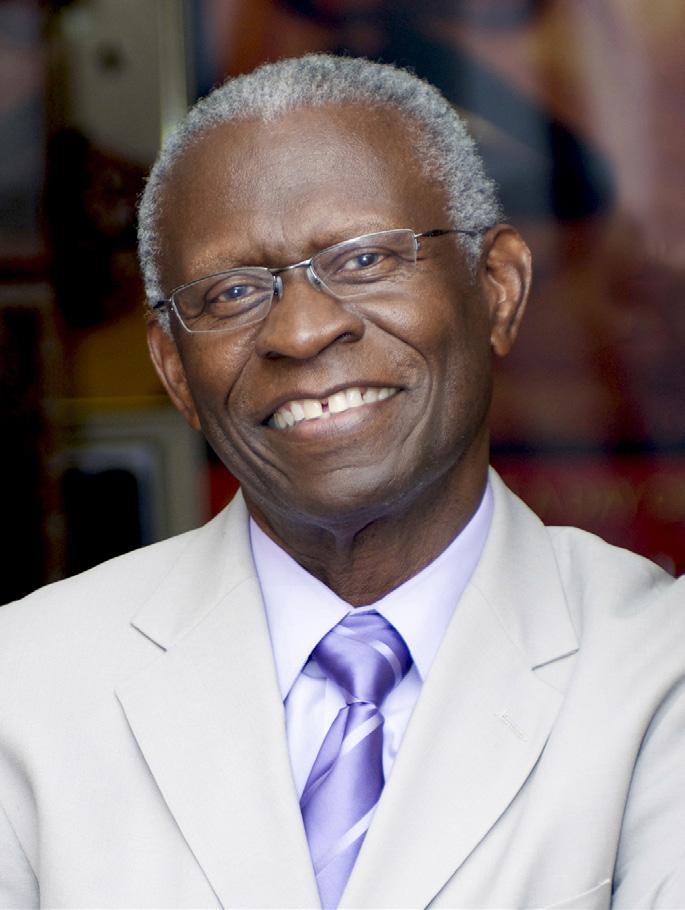
Welcome from the Dean
We extend a warm welcome to all who learn, evolve, worship, dedicate, and aspire in the Martin Luther King Jr. International Chapel today. Our purpose as an intentional spiritual community is to be a living environment for individuals to realize that they are unique emanations of God, the love-intelligence governing the Omniverse. We embody an understanding of our oneness with God, and we consciously practice this truth in our everyday lives. Through the wisdom-agency of normative cosmopolitan personalist virtue-ethical optional technologies, and the energy of unconditional love, we are committed to individual transformation, and to being a beneficial presence in the cosmos. Simply, we are here for God!
It is our hope that this experience of awareness, prayer, praise, prophetic and pastoral preaching, praxis, and philosophy will greatly enrich your life and bring you into a meaningful connection with God, nature, and people in a holistic understanding of Christian cosmology as moral cosmopolitans and cosmic citizens.
Historically Black churches and historically Black colleges, with chapels, appeared from the mind of Black and White northern and southern freedom loving abolitionists, as the strongest way to fight racial oppression, promote Reconstruction, and champion the Black social gospel. This tradition affirmed the dignity, sacred personhood, creativity, and moral agency of African Americans, and launched a new liberal liberationist abolitionism with an advanced role for the Black church, fresh from the freedom spaces of Brush and Hush Harbors, and the celebratory sounds, symbols, and traditions of West Africa, in response to the tragedy of American legal slavery.
The Crown Forums, the First Year Assemblies and the Vesper Hours address the deepest aspirations of the human spirit, that transcend needs, pain, suffering, and death. In so doing, they seek to affirm and enliven whatever may be the religious orientation, which gives meaning and richness to your life, and deepen the authentic lines along which your quest for spiritual reality has led you. Your time in the College Chapel is an hour of challenge, critique, responsibility, dedication, evaluation, obligation, stimulation, and a commitment to actualizing potentials, as you consider the issues affecting the sacredness of our common humanity and autonomy competency. The Chapel is a symbol of the intent of Morehouse College to recognize spirituality—sustainable cooperation justice—as fundamental to the human experience.
We look hopefully toward our common future with the informed expectation that your participation during this day, and ongoing activities emerging from your diverse, but conscientious perspectives, will creatively transform the Cosmos in just and nonviolent ways. Peace is Possible!
Sincerely,

Lawrence Edward Carter Sr., 33˚Ph.D., D.D., D.H., D.R.S., D.H.C., MULT.
Founding Dean of the Chapel, Professor of Religion, College Archivist and Curator
Founder, Gandhi-King-Ikeda-Mandela Institute for Cosmopolitan Ethics and Reconciliation
Director, Martin Luther King Jr. College of Pastoral Leadership
Chairman, Howard Thurman Spiritual Educational Trust
Director, WorldHouse Academy Co-Founder, Covenant
5 38th Martin Luther King Jr. CoLLege of Ministers & Laity
The Occasion
To Celebrate the Twenty-Fourth Anniversary of the Gandhi-King-Ikeda-Mandela Institute for Cosmopolitan Virtue-Ethics and Reconciliation
Today, we gather to celebrate the twenty-fourth anniversary of the Gandhi-King-Ikeda-Mandela (GKIM) Institute for Cosmopolitan Virtue-Ethics and Reconciliation, a program that focuses on meditation, conflict transformation, and peace. As we work together locally, globally, and cosmically to create a legacy of nonviolent teachings, it will be an audacious challenge calling for justice, and compassion for the children of the world. We must be the change we wish to see.
We celebrate the immortal spirits of Mahatma Gandhi, Martin Luther King Jr., Nelson Mandela and the wisdom of Daisaku Ikeda that emanate from the times and places of their lives into the future and throughout the world. We must be the change we wish to see.
We honor the founding of the GKIM Institute to heal and revive human hearts and minds deeply wounded by violent ideologies, trauma, and inequalities to open the way for a healing chapter in human history. We must be the change we wish to see.
We celebrate the creation of the GKIM Institute because the Mahatma demonstrated unconditional love in recognizing the need for nonviolent training and discipline that has also served as a cornerstone for the work of King, Ikeda, and Mandela. They exhibited an awareness that it is only by developing the discipline of self-control that people truly understand the science and spirituality of nonviolence and use it to overcome their weaknesses and realize their own strength. We must be the change we wish to see.
We advance the personalities and principles of Gandhi, King, Ikeda, and Mandela for their exalted way of peaceful living, inspired by a deep sense of integrity; and because of their commitment to creative social reform, leading people to develop global networks of sustainable
cooperation and human solidarity. We must be the change we wish to see.
We forge a mission to link the “love-olutions” of Mahatma Gandhi, Martin Luther King Jr., Daisaku Ikeda, and Nelson Mandela so that the four may come together at this hour to transform the old world into a new WorldHouse of moral citizenship, tolerance, respect for difference, and diversity—maturity grounded in spiritual oneness. We must be the change we wish to see.
We commemorate the life, legacy, and character of the barefoot saint of India who believed in the immense spiritual and religious potential that resides equally in each of us. His legacy inspired King and Ikeda to become prophets of inner spiritual transformation for individuals and communities that has sparked reformations in politics, education, economics, and cultures as well as, reconciliation between genders, nations, races and religions. We cannot have what we are not willing to be. We do not get what we desire, we get what we are.
Therefore, because the Mahatma’s spiritual legacy is one of humanity’s priceless treasures, we, the people of the planet, strengthen our numerical forces at this critical juncture in history to accelerate the Gandhi-King-IkedaMandela Institute for Cosmopolitan Virtue-Ethics and Reconciliation in the Martin Luther King Jr. International Chapel at Morehouse College and the global movement for peace and nonviolence. Today we teach activism, nonviolence, optimism, and populism in the spirit of Gandhi, King, Ikeda, and Mandela promoting a holistic vision for the growth, health, safety, and wellbeing of our evolving beloved economic, political, cosmic world community. Our vision is the creation of a global society in which the full development of each individual’s potential is the central goal.
Adapted from the dedicatory Litany to establish the Gandhi Institute, April 2, 2000.
Morehouse College
6
[]
The Magic of the Ben Ben Stone
It was the tendency of the ancient monument-builders of the Nile to codify their symbolic teachings in stone. Thus, for those who knew the “language,” the physical structure and placement of a monument, temple, or other sacred building unveiled a deeper story.
The Ben Ben, or “obelisk,” was such a significant monument that, during the New Kingdom (1580-1200 BC), it came to symbolize Kemit itself. The Ben Ben was clearly a sun and light symbol, dedicated to Ra, embodying the transcendence immanent in Ra’s Light. The Ben Ben’s soaring lines were meant to evoke this transcendence and its connection to the solar light was imbued in the capstone or pyramidion, coated in a gold-silver alloy called nubhedj (“electrum”), with a brilliant reflection could be seen 50 miles away on a clear day.
The term Ben Ben is a doubling of the old Kamite word ben meaning “man, phallus, beget.” It is the source of the Hebrew ben or Arabin ibn meaning “son of.” The ancient Nile dwellers clearly understood that the rays of the sun fructified the earth and all life upon it and therefore made that all important heavenly body the archetypal symbol of the Heavenly Father whom they called Ra. The Ben Ben, though, is more than a mere “phallic symbol”; it is a sign of the sun (or Ra’s) fructifying light-ray materialized in granite.
In the mind of the ancient priests of the Nile, light, consciousness, and understanding were synonymous. Thus, the Ben Ben codified the process of enlightenment, achieved through the correct acquisition of knowledge and the slow revelation of cosmic wisdom. Under such influence, dark mysteries and unexamined secrets were made manifest.
The Ben Ben yet retains its power to inspire the imagination, and to encapsulate transcendence. Again and again, the modern architect re-erects obeliscoid forms because the elegant, geometric harmony of the Ben Ben speaks a language that continually excites the creative instincts of man. Time and again, we return to this ancient architectural form not because we lack other models, but because it expresses for us the cosmic imperative of our indwelling spirit. Through the Ben Ben, we pay homage to the Light Bringer, the Father of All, and the best of His Creation.
by Charles Sumner Finch III, M.D. Former Director of International Programs, Morehouse School of Medicine
Memorial Howard Washington Thurman
The Howard Washington Thurman Memorial obelisk on the campus of Morehouse College is a celebration of the process of enlightenment, achieved through the deliberate acquisition of knowledge, understanding, and the slow revelation of cosmic wisdom.
The monument rises in the shadow of the Martin Luther King Jr. International Chapel, marking the resting place of Thurman, a 1923 graduate and nationally respected theologian who was considered a forerunner in the religious movement of celebrating

the unity of all people, and embracing a religious spirituality that was intercultural, interracial, interdenominational, and international.
During its heyday (1580-1200 B.C.), the obelisk was a sun and light symbol, embodying the transcendence immanent in God’s light. The obelisk remains a symbol of man’s creativity and wisdom. At Morehouse, the monument serves as a beacon for scholarly pursuits, visionary leadership, compassionate service, and a worldview that inspires positive change.
7 38th Martin Luther King Jr. CoLLege of Ministers & Laity
prelude
processional
Benjamin Elijah Mays Induction Crown Forum
The Reverend Dr. Lawrence Edward Carter Sr. Presiding Founding Dean of the Chapel, Professor of Religion, and Curator []
call to a ssembly and introductions
the charge to the inductees
“Praeludium in G Major”
Arr. Felix Mendelssohn
“Trumpet Tune”
Arr. John Stanley
David Francis Oliver, DMA
Dr. Oliver
The Reverend Dean Carter
Dean Carter
2024 Class of Inductees into the Martin Luther King Jr. Board of Preachers, Sponsors, and Collegium of Scholars
Ronald K. Alexander
Renee Lavana Alston
Derek Anderson
Naomi Adele André
Obi Asika
Jonathan Cunningham Augustine
Shawn Victor Austin
Emory Berry, Jr.
Helen Berry
Reginald Blount
Willie Bodrick, II
Krystal Marie Bracy
Tar-U-Way Richard
Allen Bright Sr.
Vanessa Motoka Brown
Myron Dewayne Brown
Charles Anthony Bryant
Stephen Michael Cady
Bryan L. Carter
Joi Carr
Raymond Carr
Benjamin Franklin Chavis
Courtney L. Clayton Jenkins
Damien Alexander Conners
Leonard Curry
Marvin Luther Crawford
Ammie L. Davis
introduction of speaker
musical selection
a ddress
college hymn
Charles Harold Frederick Davis III
Demetrius Lee Davis
Leo Henry Davis, Jr.
Jean Derricotte-Murphy
Ambre Lynae Morgan
Dromgoole
Kelon D. Duke
Xavier Eikerenkoetter
Kenneth Elmore
Valerie Tate Everett
Timothy Brandon Farmer
Julius B. Fleming Jr
Yvette A. Flunder
Sheleta Evette Fomby
Nyle Fort
Grisanthia Dale Franklin
Kyndra Danyelle Frazier
Sara Taylor Garrard
John F. Green
Henry E. Green Jr
David W. Green Sr.
Gregory Hall
Jarvis Jermaine Hanson
Sammie Haynes
Daniel Anthony Heath
Jeremy Q. Henry
James Howard Hill Jr.
Michael Hodge
Betty Whitted Holley
Darryl Bernard Holloman
Charles Anthony Hunt
Raymond Ingram
Judson L. Jeffries
Malene Minor Johnson
Juleun Andrew Johnson
Cornelius V. Johnson III
Harry E. Johnson
Jennifer Barkley Jones Austin
Bryan Anton Jones
Melanie Chanté Jones Quarles
Delesslyn Audra Kennebrew
Tammy Lynn Kernodle
Kerwin Broussard Lee
Bill J. Leonard
Charles Hannon Lewter IV
Vincent William Lloyd
Jared Anthony Loggins
Shannon Heath Longino
Debbie Marriott-Harrison
Elmer S. Martin Sr.
Elijah Llewellyn McDavid III
Robert L. McDowell
Marlon Millner
Dwight A. Moody
Rashad Raymond Moore
Joshua Maurice Myers
Nathaniel Norment Jr.
Marcus Clevon North
Jeffrey Ogbonna Green Ogbar
Ray A. Owens
Brianna Katrice Parker
DeAndre B. Patterson
Veronica Perry
Kevin Lamár Peterman
Bridget LaShonne Piggue
Teddy RaShaan Reeves
Richard Price
De’Quon Antonio Quarles
Frank Leon Roberts
Quintin L. Robertson
Troy Sanders
Alphonso F. Saville, IV
Osagyefo Uhuru Sekou
David Shosanya
Angelic Simmons
Jonathan Buckley Small
Adrianne Camille Smith
Michael Allan Smith
Teresa E. Snorton
Jack Spencer Jr.
Danté Christian Stewart
“See the Victory Before Us and Walk On”
Words & Music by Dr. Uzee Brown Jr. ’72
“On A Darkly Radiant Vision: The Black Social Gospel in the Shadow of MLK”
“Dear Old Morehouse”
J.O.B. Mosley ’29
David Edward Morrow, DMA ’80 Professor, Chair of the Music Department, Director of the Glee Club
David Francis Oliver, DMA Morehouse College Organist
Nicole Sarita Symmonds
Christopher Taylor Sr.
Richard Lewis Taylor
Curt D. Thomas
Donna Eugenia Thomas Walker
Rossie Emitt Turman
George Bernard Walker
Jarrett Britton Washington
Taurean Jamar Webb
Bryson Chester Matthew White
Johnathan Thomas Gabriel Wilkins Sr.
Daryl L. Williams
Jaronn Cordell Williams
Sonya E. Williams
Bruce Wilson
Ramah Wright
Simon Woolley
Chelsea Brooke Yarborough
Elizabeth Elaine Yates
Nicholas Kristopher Young
David Ziyambi
Dr. David A. Thomas
12th President, Morehouse College
Morehouse College Glee Club
The Reverend John Gary Dorrien, Ph.D. Reinhold Niebuhr Professor of Social Ethics, Union Theological Seminary Professor of Religion, Columbia University
8 Morehouse College
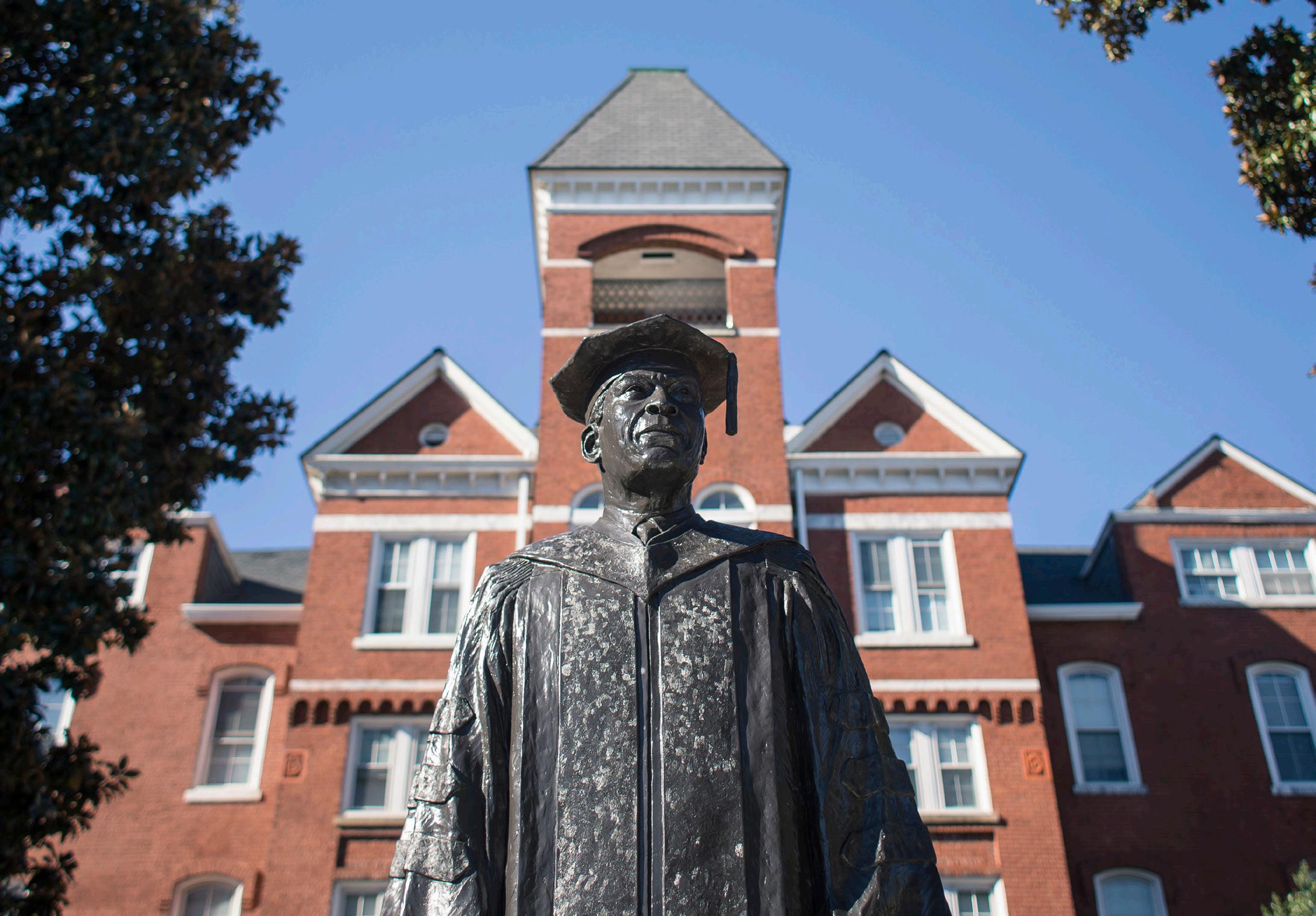
CHARGE TO THE 2024 CML INDUCTEES
Iam pleased today to induct you into the Morehouse College Black Social Gospel tradition – founded in 1867 by William Jefferson White, greatly enhanced by William Edward Burghardt DuBois, John Hope, Mordecai Wyatt Johnson, Benjamin Elijah Mays, Howard Washington Thurman, and widely acclaimed during the nonviolent prophetic Civil Rights Movement, led by Martin Luther King Jr.
As members of the Martin Luther King Jr. Board of Preachers, Board of Sponsors, and Collegium of Scholars, you join a pantheon of adaptive leaders whose virtue ethical, spiritual, and moral example has helped change the world.
Among them: Henry Lyman Morehouse, Adam Daniel Williams, Martin Luther King Sr., Ralph David Abernathy Sr., Floyd McKissick, Samuel Woodrow Williams, Thomas Kilgore Jr., James Madison Nabritt, and Thurgood Marshall.
I charge you, therefore, to follow in their footsteps – and even to do greater things – as affirmative, appreciative, coherently critical and engaged role models for this generation of students, always remembering that our vision is the creation of an inclusive, global, dignitarian society in which the full development of each individual’s potential is realized.
Further, I charge you to be faithful servant scholar leaders, guarantors of continuity, celebrators of change, negotiators of structure, facilitators of meaning, practitioners of cosmopolitan ethics, and co-creators of the Beloved Economic Political Cosmic WorldHouse Community, to the end that we will right the age-old wrongs that continue to haunt the American people and others around the world.
Finally, I charge you to use your time, talent, tender and technology to help usher in an age of diversity maturity, peace, and nonviolence for the children of the world, to raise another generation of ethically inspired leaders committed to building a radically inclusive humanity.
In token of our hope and confidence in you, we present these citations, which list 49 cosmopolitan virtue ethical options by which Martin Luther King Jr. and many Hindus, Buddhists, Muslims, Jews, Christians, Sikhs, Scientists and Secular Humanists live their lives and transform society.
Testifying to this investiture, and in witness whereof under the seals of the College and the Chapel, the signatures of duly authorized officers are hereunto affixed, this 11th day of April 2024, Per Dominum Nostrum Jesum Christum.
9 38th Martin Luther King Jr. CoLLege of Ministers & Laity
Martin Luther King Jr.
2024 BOARD OF PREACHERS Inductees




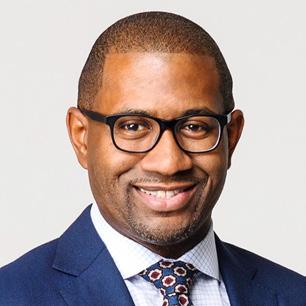

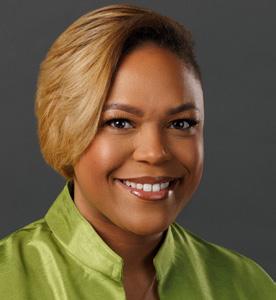
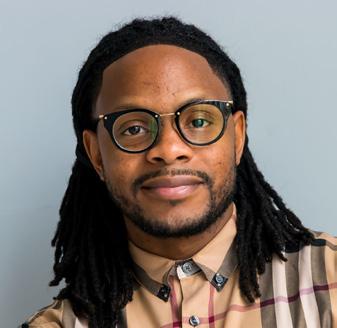










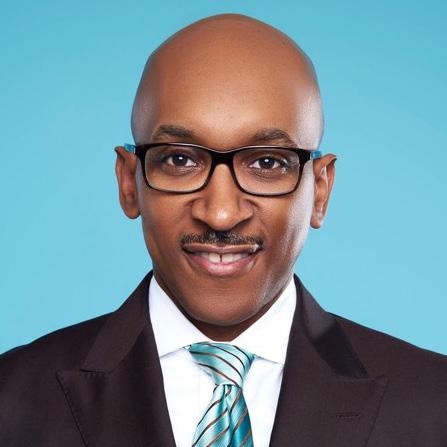
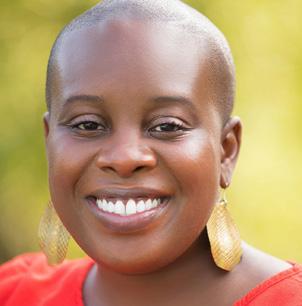



 Renee Lavana Alston Jonathan Cunningham Augustine Willie Bodrick II Tar-U-Way Richard Allen Bright Sr. Vanessa Motoka Brown
Bryan L. Carter Benjamin Franklin Chavis Courtney L. Clayton Jenkins
Demetrius Lee Davis Kelon D. Duke Xavier Eikerenkoetter Valerie Tate Everett Timothy Brandon Farmer
Sheleta Evette Fomby Grisanthia Dale Franklin Kyndra Danyelle Frazier Sara Taylor Garrard
John F. Green
Henry E. Green Jr. David W. Green Sr.
Jarvis Jermaine Hanson Sammie Haynes
Marvin Luther Crawford
Renee Lavana Alston Jonathan Cunningham Augustine Willie Bodrick II Tar-U-Way Richard Allen Bright Sr. Vanessa Motoka Brown
Bryan L. Carter Benjamin Franklin Chavis Courtney L. Clayton Jenkins
Demetrius Lee Davis Kelon D. Duke Xavier Eikerenkoetter Valerie Tate Everett Timothy Brandon Farmer
Sheleta Evette Fomby Grisanthia Dale Franklin Kyndra Danyelle Frazier Sara Taylor Garrard
John F. Green
Henry E. Green Jr. David W. Green Sr.
Jarvis Jermaine Hanson Sammie Haynes
Marvin Luther Crawford
10 Morehouse College
Damien Alexander Conners
Martin Luther King Jr. 2024 BOARD OF PREACHERS Inductees

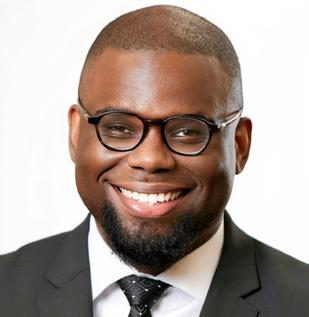

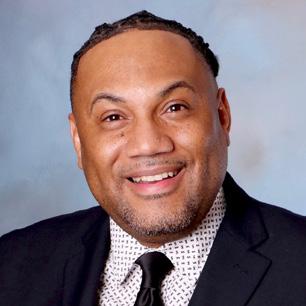

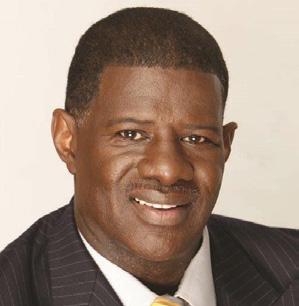













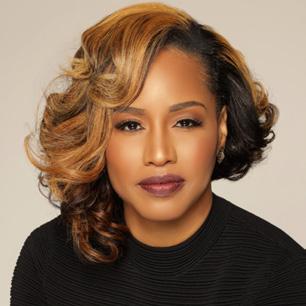




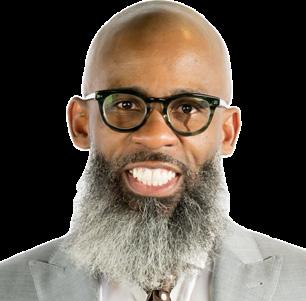 Daniel Anthony Heath Jeremy Q. Henry Juleun Andrew Johnson Bryan Anton Jones Delesslyn Audra Kennebrew
Kerwin Broussard Lee Charles Hannon Lewter IV Elmer S. Martin Sr.
Rashad Raymond Moore Ray A. Owens Brianna Katrice Parker DeAndre B. Patterson Kevin Lamár Peterman
David Shosanya Angelic Simmons
Michael Allan Smith
Teresa E. Snorton Jack Spencer Jr.
Richard Price De’Quon Antonio Quarles
Quintin L. Robertson
Troy Sanders Osagyefo Uhuru Sekou
Robert L. McDowell
Elijah Llewellyn McDavid III
Daniel Anthony Heath Jeremy Q. Henry Juleun Andrew Johnson Bryan Anton Jones Delesslyn Audra Kennebrew
Kerwin Broussard Lee Charles Hannon Lewter IV Elmer S. Martin Sr.
Rashad Raymond Moore Ray A. Owens Brianna Katrice Parker DeAndre B. Patterson Kevin Lamár Peterman
David Shosanya Angelic Simmons
Michael Allan Smith
Teresa E. Snorton Jack Spencer Jr.
Richard Price De’Quon Antonio Quarles
Quintin L. Robertson
Troy Sanders Osagyefo Uhuru Sekou
Robert L. McDowell
Elijah Llewellyn McDavid III
11 38th Martin Luther King Jr. CoLLege of Ministers & Laity
Martin Luther King Jr.
2024 BOARD OF PREACHERS Inductees


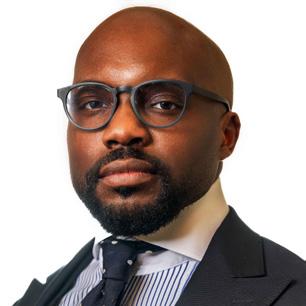
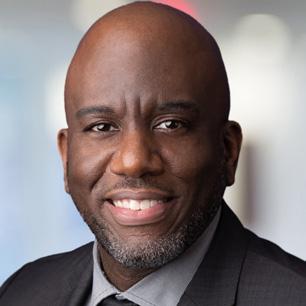




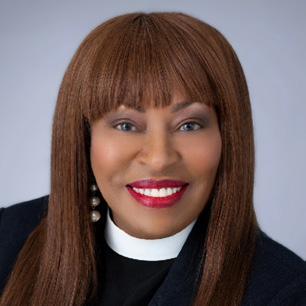
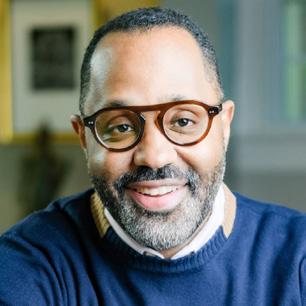


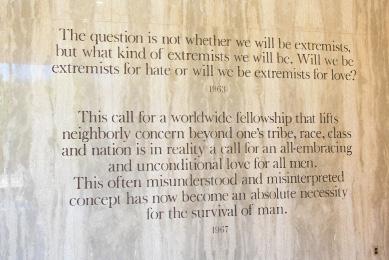 Christopher Taylor Sr. Curt D. Thomas Donna Eugenia Thomas Walker George Bernard Walker
Jarrett Britton Washington Johnathan Thomas Gabriel Wilkins Sr.
Daryl L. Williams
Bruce Wilson Ramah Wright
Elizabeth Elaine Yates
Nicholas Kristopher Young
Christopher Taylor Sr. Curt D. Thomas Donna Eugenia Thomas Walker George Bernard Walker
Jarrett Britton Washington Johnathan Thomas Gabriel Wilkins Sr.
Daryl L. Williams
Bruce Wilson Ramah Wright
Elizabeth Elaine Yates
Nicholas Kristopher Young
12 Morehouse College
Sonya E. Williams
Martin Luther King Jr.
2024 BOARD OF SPONSORS Inductees


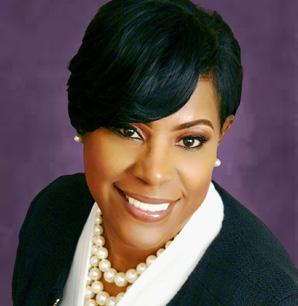
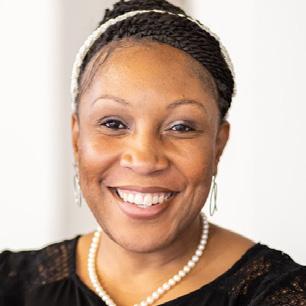
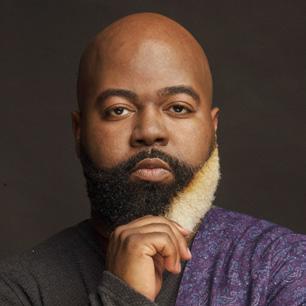
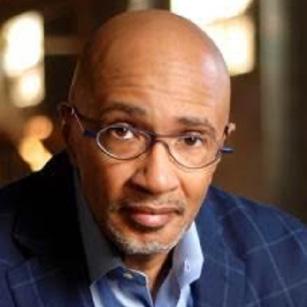

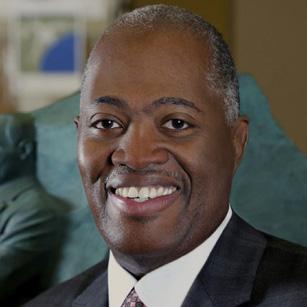



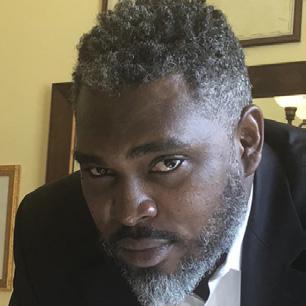


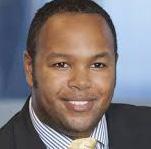
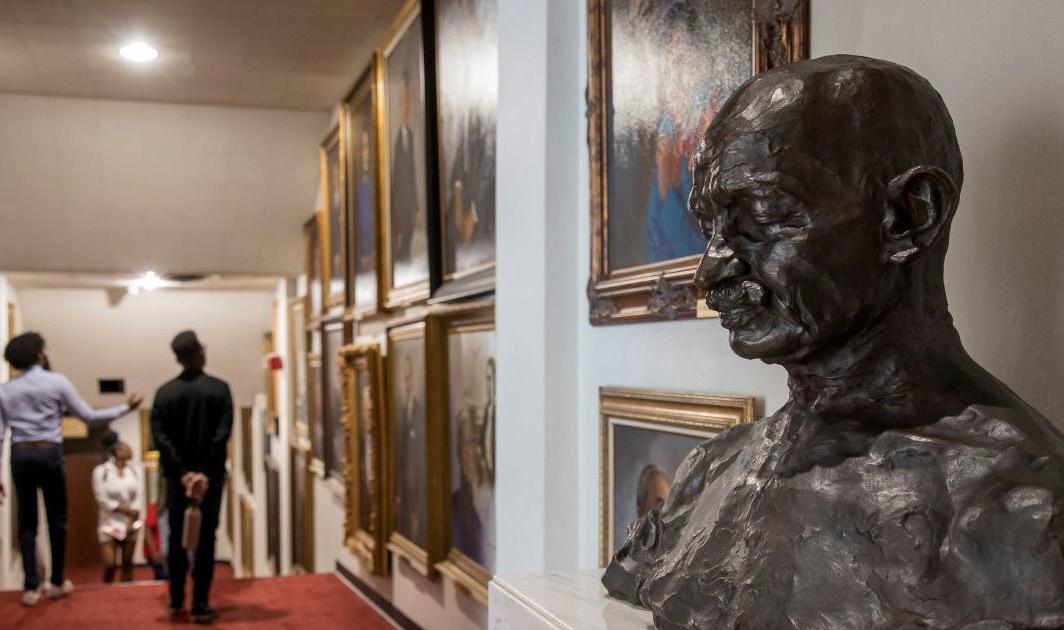 Ronald K. Alexander Derek Anderson Shawn Victor Austin
Krystal Marie Bracy Charles Anthony Bryant
Leo Henry Davis Jr.
Debbie Marriott-Harrison
Raymond Ingram
Jonathan Buckley Small
Harry E. Johnson
Adrianne Camille Smith
Shannon Heath Longino
David Ziyambi
Jennifer Barkley Jones Austin
Ronald K. Alexander Derek Anderson Shawn Victor Austin
Krystal Marie Bracy Charles Anthony Bryant
Leo Henry Davis Jr.
Debbie Marriott-Harrison
Raymond Ingram
Jonathan Buckley Small
Harry E. Johnson
Adrianne Camille Smith
Shannon Heath Longino
David Ziyambi
Jennifer Barkley Jones Austin
13 38th Martin Luther King Jr. CoLLege of Ministers & Laity
Richard Lewis Taylor
Martin Luther King Jr.
2024 COLLEGIUM OF SCHOLARS Inductees


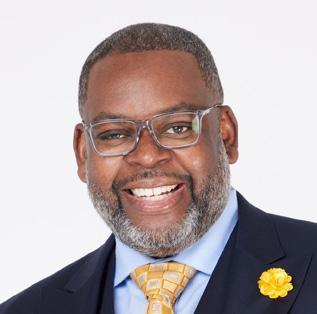

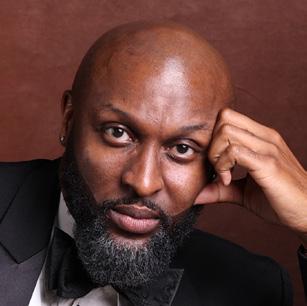
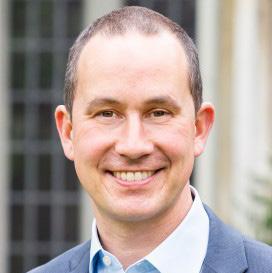




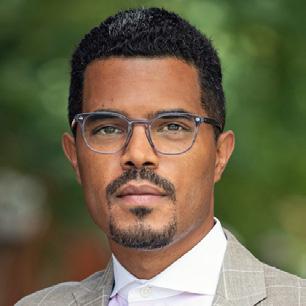

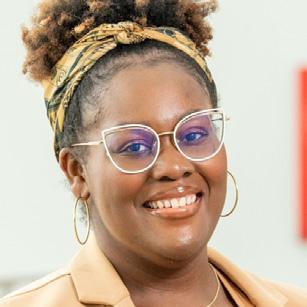

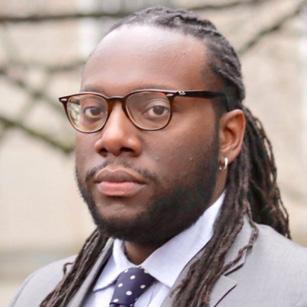

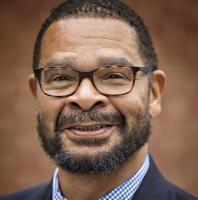
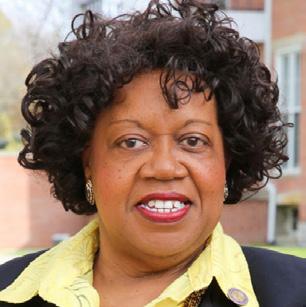
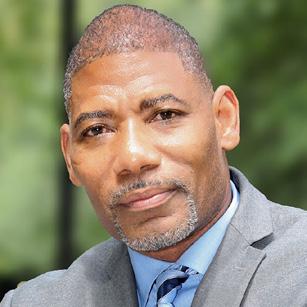


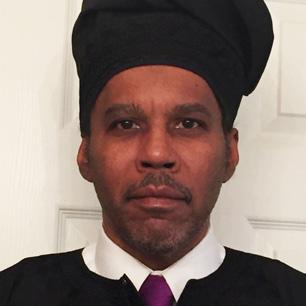 Naomi Adele André Obi Asika Emory Berry Jr.
Helen Berry
Myron Dewayne Brown Stephen Michael Cady Joi Carr
Charles Harold Frederick Davis III
Jean Derricotte-Murphy Ambre Lynae Morgan Dromgoole Kenneth Elmore
Julius B. Fleming Jr Nyle Fort Gregory Hall
James Howard Hill Jr. Michael Hodge
Betty Whitted Holley Darryl Bernard Holloman
Judson L. Jeffries
Leonard Curry
Ammie L. Davis
Naomi Adele André Obi Asika Emory Berry Jr.
Helen Berry
Myron Dewayne Brown Stephen Michael Cady Joi Carr
Charles Harold Frederick Davis III
Jean Derricotte-Murphy Ambre Lynae Morgan Dromgoole Kenneth Elmore
Julius B. Fleming Jr Nyle Fort Gregory Hall
James Howard Hill Jr. Michael Hodge
Betty Whitted Holley Darryl Bernard Holloman
Judson L. Jeffries
Leonard Curry
Ammie L. Davis
14 Morehouse College
Raymond Carr
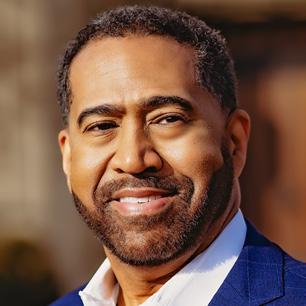
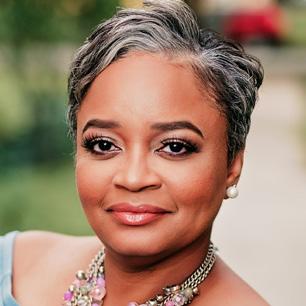

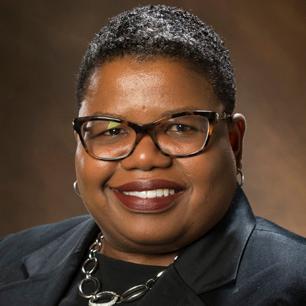
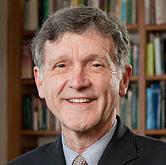
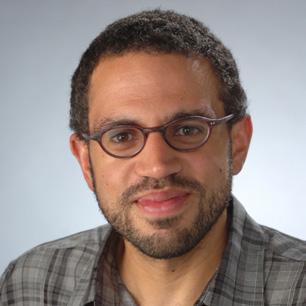



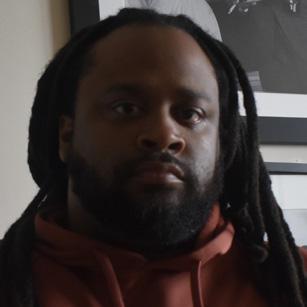

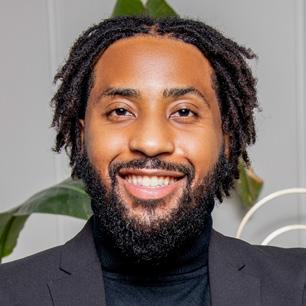

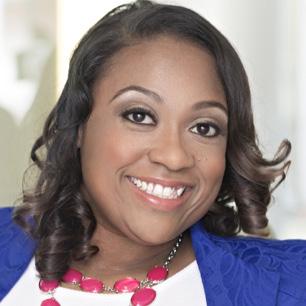
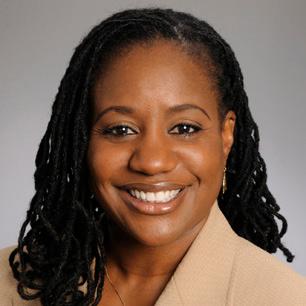


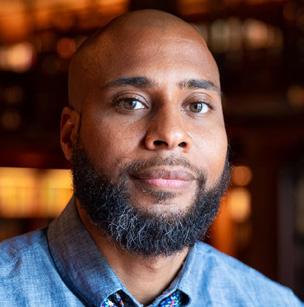

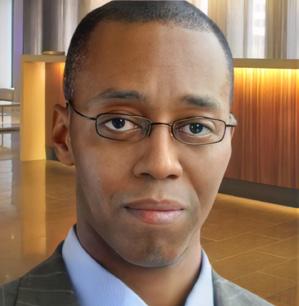
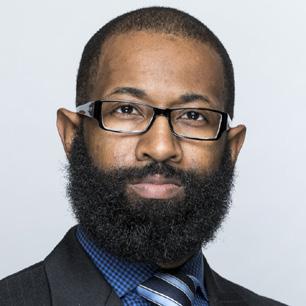


 Cornelius V. Johnson III Malene Minor Johnson Melanie Chanté Jones Quarles Tammy Lynn Kernodle Bill J. Leonard
Vincent William Lloyd Jared Anthony Loggins Joshua Maurice Myers
Nathaniel Norment Jr. Marcus Clevon North Jeffrey Ogbonna Green Ogbar
Veronica Perry
Rossie Emitt Turman
Taurean Jamar Webb
Bryson Chester Matthew White
Simon Woolley
Chelsea Brooke Yarborough
Bridget LaShonne Piggue
Teddy RaShaan Reeves Frank Leon Roberts
Alphonso F. Saville IV
Nicole Sarita Symmonds
Cornelius V. Johnson III Malene Minor Johnson Melanie Chanté Jones Quarles Tammy Lynn Kernodle Bill J. Leonard
Vincent William Lloyd Jared Anthony Loggins Joshua Maurice Myers
Nathaniel Norment Jr. Marcus Clevon North Jeffrey Ogbonna Green Ogbar
Veronica Perry
Rossie Emitt Turman
Taurean Jamar Webb
Bryson Chester Matthew White
Simon Woolley
Chelsea Brooke Yarborough
Bridget LaShonne Piggue
Teddy RaShaan Reeves Frank Leon Roberts
Alphonso F. Saville IV
Nicole Sarita Symmonds
15 38th Martin Luther King Jr. CoLLege of Ministers & Laity
Dwight A. Moody Marlon Millner
Martin Luther King Jr. 2024 COLLEGIUM OF SCHOLARS Inductees
Mohandas Karamchand “Mahatma” Gandhi (1869-1948)
Gandhi has been chosen by the people of India, England, and by countless citizens throughout the globe as the greatest world leader of the past 1,000 years. Through the use of nonviolence, fasting, and religious tolerance, he developed and tested the means for ending an era of colonial domination and imperialism. He elevated the love ethic of Jesus to the level of international diplomacy. Using his insightful and thorough reading of John Ruskin, Leo Tolstoy, Henry David Thoreau, Ralph Waldo Emerson, the BhagavadGita, the Bible, the Koran, and the philosophies and scriptures of other world religions, he instituted a form of universal worship and promoted a love for truth, regardless of its source. This reading further encouraged him to remain by pain or pleasure, victory or defeat, and to work without promise of success or fear of failure. He spent a total of 10 years imprisoned by the British, a period that witnessed the proliferation of his writings, which now fill 100 volumes, each over 500 pages in length.
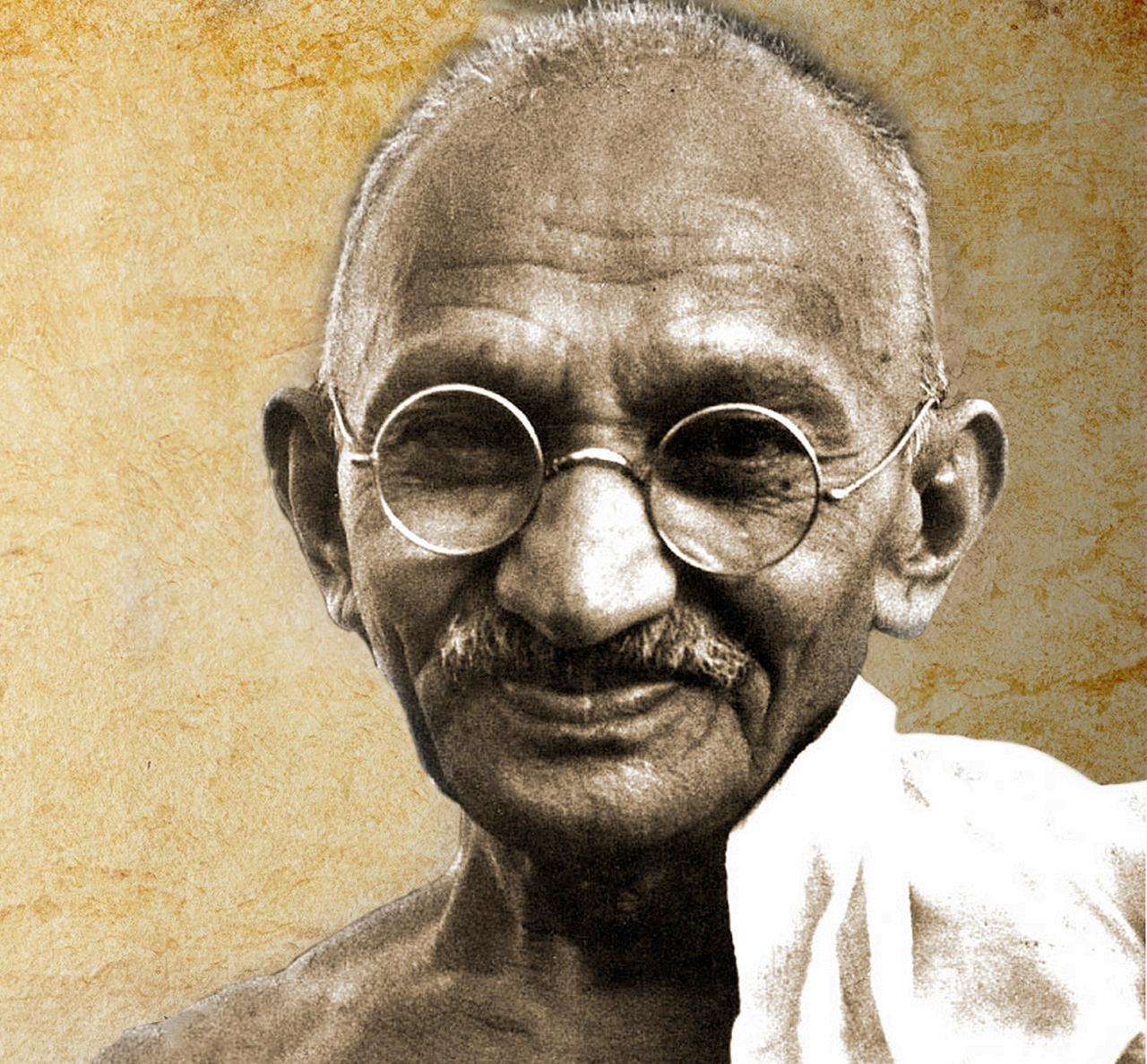
may ignore him at our own risk .... He is the Christian of the century.”
The world does not realize, however, that the Mahatma was not always nonviolent. Gandhi acknowledged many times that his wife of 62 years, Kasturbai Kapadia Gandhi, in her natural unassuming Hindu manner, taught him the art, practice, and science of nonviolence. Her temperament caused Gandhi to publicly declare that he believed women to have a natural predisposition to nonviolent leadership. While Gandhi was in prison, his wife spoke on his behalf and fasted on the same strict vegetarian diet he used. Gandhi himself acknowledged and documented Kasturbai’s courage and bravery to be greater than his own.
Officials of the government of India have informed us that nowhere outside of India have Mahatma and Kasturbai, whose name means “the great mother,” been honored together as perhaps the most influential family of the 20th century. This joint recognition is long overdue and greatly needed, not only to recognize the role of women but also to complete the humanity of all of us.
Gandhi’s civil disobedience and nonviolent demonstrations in South Africa and India won greater freedom and ultimately, independence for 400 million Indians after three centuries of British rule. It also inspired the leadership of Martin Luther King Jr., Nelson Mandela, Desmond Tutu, Albert Luthuli, Lech Walesa, Vaclav Havel, Mother Teresa, Aung San Suu Kyi, Mairead Corrigan-Maguire, the Dalai Lama, and Thich Nhat Hanh.
It is because of his selfless devotion to service and scholarship for the dispossessed—dressing like them, speaking their language, and living among them—that billions today continue to grant Gandhi the title “Mahatma “ and to regard him as a Christian, Judaic, Buddhist, Islamic, and Hindu saint.
The Mahatma was the catalyst, if not the initiator, of five of the major revolutions of the twentieth century: the revolutions against colonialism, racism, violence, and sexism, and for ecology. According to Albert Einstein, “Gandhi organized the people of India into a mass movement on a scale without precedent or parallel. He was the greatest political genius in human history. Generations to come, it may be, will scarce believe that such a one as this ever in flesh and blood walked upon the earth.”
Gandhi’s life and achievements also caused Martin Luther King Jr. to say, “Gandhi was inevitable. If humanity is to progress, Gandhi is inescapable. He lived, thought, and acted, inspired by the vision of humanity evolving toward a world of peace and harmony. We
Six related Morehouse personalities have Gandhi connections which have facilitated the development of this nation. These six persons are Mordecai Wyatt Johnson, Howard Washington Thurman, Benjamin Elijah Mays, Samuel Woodrow Williams, Martin Luther King Jr., Floyd McKissick, and Charles Radford Lawrence. All of these gentlemen must be credited with midwifing Gandhian nonviolence into the American body politic. Martin Luther King Jr. claimed Gandhi, Johnson, Thurman, Mays, Williams, and Lawrence as his mentors. Floyd McKissick, who attended Morehouse, succeeded James Farmer as the head of the Congress of Racial Equality, which was founded on the principles of Gandhian nonviolence. The awarding of honorary degrees to the Gandhis symbolized Morehouse’s continued recognition of the transforming role of nonviolence in the sound construction and healthy maintenance of our ever-emerging world house. The Mahatma is indeed the greatest world leader of the 20th century.
“Strength does not come from physical capacity. It comes from an indomitable will.”
16 Morehouse College
Martin Luther King Jr. (1929-1968)
“T
he ultimate measure of a man is not where he stands in moments of comfort and convenience,” said Dr. Martin Luther King Jr., “but where he stands at times of challenge and controversy.”
Throughout the 20th century, no American leader demonstrated more moral courage and spiritual leadership in the face of extreme adversity than Dr. Martin Luther King Jr. As a modern day prophet and civil rights leader, King worked assiduously to “redeem the soul of America.” His pronounced opposition to racism, militarism, and materialism exceeded the ideals posited by any private citizen or elected public official in America during the last century.
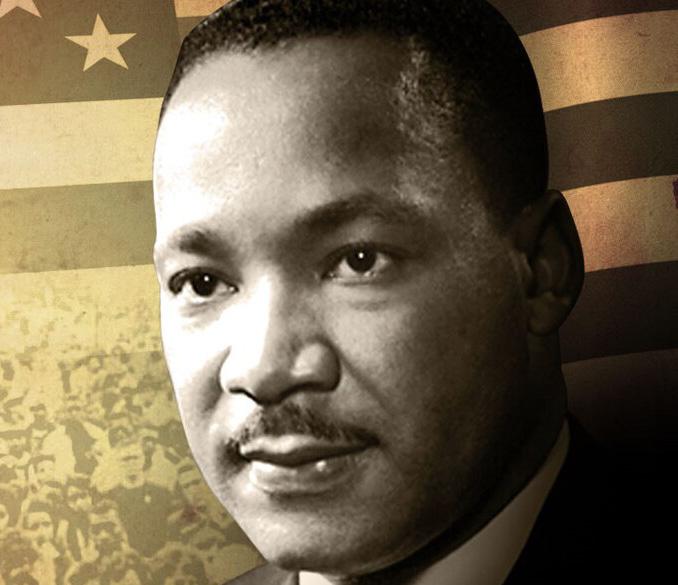
King was a man of ideas and action. He engaged in civil disobedience, and he inspired protest movements for civil rights and human rights. His unwavering faith in the power of love, and his philosophy of nonviolence, skillfully and brilliantly represented the hopes and dreams of the poor and dispossessed throughout the world. Dr. King’s leadership, unquestionably, reshaped the racial landscape in the American South and, indeed, in the nation; moreover, his vision of equality encouraged the development of political and economic justice in Asia, Europe, Latin America and the Caribbean, and South Africa. His sincere heartfelt compassion for people transcended
race and class and even revised the paradigm of equality by embracing the beloved community.
Dr. King’s commitment to peace and justice received widespread acclaim. Time magazine recognized him as “Man of the Year” in 1963, he received the Nobel Peace Prize in 1964, and he became the only non-elected American to be recognized with a federal holiday in 1983. In 1998, Congress authorized the Washington, D.C. Martin Luther King Jr. National Memorial Foundation to establish a memorial in his honor. This memorial is located on the Tidal Basin near the Franklin D. Roosevelt Memorial and between the Jefferson and Lincoln memorials.
Yet, in the new millennium, it is evident that Dr. King’s most enduring legacy can be summed up in his own words: he tried to feed the hungry and he tried to clothe the naked. He was a drum major for justice, a drum major for peace, and a drum major for righteousness. He gave his life loving his enemies while serving humanity. Clearly, Dr. Martin Luther King Jr. is the most significant American leader of the 20th century. His tireless leadership, his unselfish spirit, and his undying influence on the maturation of American freedom and democracy will forever impact the lives of unborn generations throughout the world.
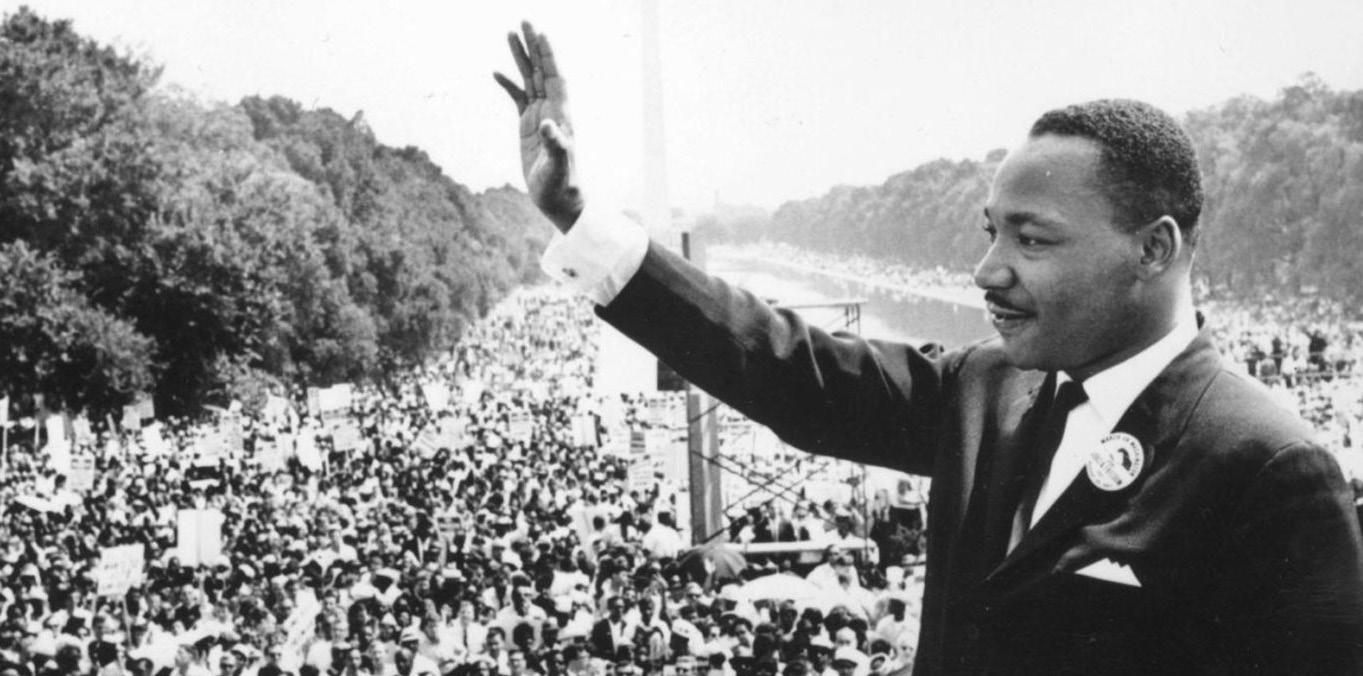
17 38th Martin Luther King Jr. CoLLege of Ministers & Laity
Daisaku Ikeda (1928-2023)
Daisaku Ikeda is a peacebuilder, Buddhist philosopher, educator, author, and poet. He was president of the Soka Gakkai lay Buddhist organization in Japan from 1960–79 and is the founding president of the Soka Gakkai International (SGI), one of the world’s largest and most diverse communitybased Buddhist associations, promoting a philosophy of empowerment and social engagement for peace. He is also the founder of the Soka Schools system and several international institutions promoting peace, culture, and education.

Ikeda was born in Tokyo, Japan, on January 2, 1928, the fifth of eight children, to a family of seaweed farmers. Growing up during World War II, he endured firsthand the suffering and devastation of war, including the death of his eldest brother who was killed in action in Burma (present-day Myanmar). This experience as a teenager gave birth to a lifelong passion to work for peace and root out the fundamental causes of human conflict.
In 1947, at the age of 19, he encountered Buddhism through a meeting with Josei Toda (1900–58), who was an educator, pacifist, and leader of the Soka Gakkai. Toda had been imprisoned during the war with his mentor Tsunesaburo Makiguchi (1871–1944). Both held firm to their religious convictions in the face of oppression by the military authorities who imposed State Shinto ideology on the population as a means of sanctifying their war of aggression, and Makiguchi had died in prison. Toda’s resolve to stand up to the militarist regime impressed Ikeda, who would later write, “The words of a person who had suffered imprisonment for his convictions carried a special weight. I felt intuitively that I could trust him.” Although Ikeda’s association with Toda lasted only 10 years, he describes his mentorship by Toda as the defining experience of his life and the source of everything he has done and become.
In May 1960, two years after Toda’s death, Ikeda, then 32, succeeded him as president of the Soka Gakkai. In 1975, he became the founding president of the SGI, now a global network linking over 12 million members in some 190 countries and territories. Ikeda writes, “Everything depends on the people. That is why it is vital to forge a growing network that brings people of goodwill and conscience together.”
Ikeda has also founded a number of independent, nonprofit research institutes that promote peace through cross-cultural, interdisciplinary collaboration: the Boston Research Center for the 21st Century (renamed the Ikeda Center for Peace, Learning, and Dialogue in 2009), the Toda Institute for Global Peace and Policy Research, and the Institute of Oriental Philosophy. The Min-On Concert Association and
the Tokyo Fuji Art Museum promote mutual understanding and friendship between different cultures through the arts.
It was in the 1960s that Ikeda began also to work toward the founding of a school system based on first Soka Gakkai President Makiguchi’s educational theories. This was a dream that both Makiguchi and Toda had cherished. In 1968, Ikeda realized the vision with the founding of Tokyo Junior and Senior High Schools. The schools were not simply a monument to his predecessors. Their establishment was the first major step in an ongoing endeavor to develop a humanistic educational system, one that Ikeda has described as the culminating undertaking of his life. The schools’ establishment was followed in 1971 by the establishment of Soka University, and in subsequent years by a string of other educational institutions around Japan and abroad. These schools are open to all students and have no religious instruction. Ikeda writes: “My determination was to build these schools up into centers of learning consecrated to the goal of peace, working with educators throughout the world.”
Ikeda is a strong proponent of dialogue as the foundation of peace. Since the 1970s, he has pursued dialogue with individuals from diverse backgrounds—prominent figures from around the world in the humanities, politics, faith traditions, culture, education and various academic fields—in order to discover common ground and identify ways of tackling the complex problems facing humanity. Over 70 of these have been published in book form. Dialogue and the promotion of cultural exchange have also been at the basis of his efforts to build trust and foster friendship in contexts of historical division and conflict.
The central tenet of Ikeda’s thought, grounded in Buddhist humanism, is the fundamental dignity of life, a value he sees as the key to lasting peace and human happiness. In his view, global peace relies ultimately on a self-directed transformation within the life of the individual, rather than on societal or structural reforms alone.
This conviction is expressed most succinctly in the preface of The Human Revolution, Ikeda’s novelization of the Soka Gakkai’s history and ideals: “A great inner revolution in just a single individual will help achieve a change in the destiny of a nation and, further, will enable a change in the destiny of all humankind.”
Ikeda is a prolific writer who has published more than 240 works, ranging from commentaries on Buddhism to biographical essays, poetry and children’s stories. He has two sons, Hiromasa and Takahiro, and lives with his wife, Kaneko, in Tokyo.
18 Morehouse College
Rolihlahla Mandela was born in the Madiba clan, the village of Mvezo, on the Eastern Cape, July 18, 1918. Hearing the elders’ stories of his ancestors’ valour during the wars of resistance, he dreamed also of making his own contribution to the freedom struggle of his people.
Nelson Mandela (1918-2013)
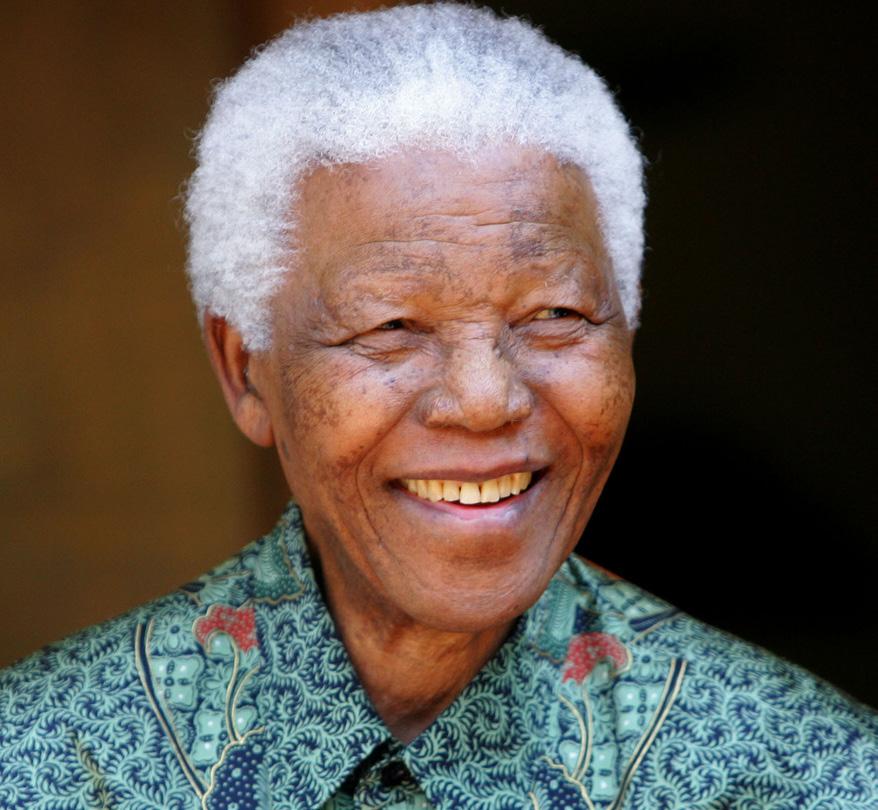
Nelson completed his BA through the University of South Africa and went to the University College of Fort Hare for his graduation in 1943. Meanwhile, he began studying for an LLB at the University of the Witwatersrand. By his own admission he was a poor student and left the university in 1952 without graduating. He only started studying again through the University of London after his imprisonment in 1962 but also did not complete that degree. In 1989, while in the last months of his imprisonment, he obtained an LLB through the University of South Africa. He graduated in absentia at a ceremony in Cape Town.
Mandela, while increasingly politically involved from 1942, only joined the African National Congress (ANC) in 1944, when he helped to form the ANC Youth League (ANCYL). Mandela rose through the ranks of the ANCYL and through its efforts, the ANC adopted a more radical mass-based policy, the Programme of Action, in 1949.
On March 21, 1960, police killed 69 unarmed people in a protest in Sharpeville against the pass laws. This led to the country’s first state of emergency, the banning of the ANC, and the Pan Africanist Congress (PAC) April 8th. Mandela and his colleagues in the Treason Trial were among thousands detained during the state of emergency. During the trial Mandela married a social worker, Winnie Madikizela, on June 14, 1958. They had two daughters, Zenani and Zindziswa. The couple divorced in 1996. After he and his colleagues were acquitted in the Treason Trial, Mandela went underground and began planning a national strike for 29, 30, and 31 March.
On January 11, 1962, using the adopted name David Motsamayi, Mandela secretly left South Africa and was arrested in a police roadblock outside Howick and charged with leaving the country without a permit and inciting workers to strike. He was convicted and sentenced to five years’ imprisonment, which he began serving at the Pretoria Local Prison. While facing the death penalty his words to the court at the end of his famous “Speech from the Dock” on April 20, 1964 became immortalized.
On June 11, 1964, Mandela and seven other accused were convicted, and the next day were sentenced to life imprisonment. Mandela’s mother died in 1968 and his eldest son, Thembi, in 1969. He was not allowed to attend their funerals.
He was released Sunday 11 February 1990, by South African President F.W. de Klerk, nine days after the unbanning of the ANC and the PAC and nearly four months after the release of his remaining Rivonia comrades. Throughout his imprisonment he had rejected at least three conditional offers of release.
Mandela immersed himself in official talks to end white minority rule and in 1991 was elected ANC President to replace his ailing friend, Oliver Tambo. In 1993 he and President FW de Klerk jointly won the Nobel Peace Prize, and in 1994 he voted for the first time in his life.
On May 10, 1994, he was inaugurated as South Africa’s first democratically elected President. On his 80th birthday in 1998 he married Graça Machel, his third wife.
True to his promise, Mandela stepped down in 1999 after one term as President. He continued to work with the Nelson Mandela Children’s Fund he set up in 1995, and established the Nelson Mandela Foundation, and The Mandela Rhodes Foundation in 2003.
Nelson Mandela never wavered in his devotion to democracy, equality and learning. Despite terrible provocation, he never answered racism with racism. His life is an inspiration to all who are oppressed and deprived; and to all who are opposed to oppression and deprivation. He died at his home in Johannesburg on December 5, 2013, at the age of 95.
“No one is born hating another person because of the color of his skin, or his background, or his religion. People must learn to hate, and if they can learn to hate, they can be taught to love, for love comes more naturally to the human heart than its opposite.”
19 38th Martin Luther King Jr. CoLLege of Ministers & Laity
objectives of the GANDHI KING IKEDA MANDELA INSTITUTE for cosmopolitan virtue - ethics and reconciliation
Mohandas Karamchand Gandhi has bequeathed us a roadmap that has been tested and proven workable within and between nation states. Our American Moses, Martin Luther King Jr., has employed the roadmap in a fashion that further confirms the reliability of the Gandhian bequest to the world. The Gandhian nonviolent method was user friendly in the South African crisis effectively addressed by Nelson Mandela’s government to end the more than fifty years of apartheid oppression. Daisaku Ikeda has effectively used Gandhian and Kingian nonviolent methods to democratize and internationalize the imperialistic military state of Japan since 1960. The most convincing sanctions for the effective use of nonviolent approaches to conflict resolution are seen in the diplomacy of the United Nations, and the state departments of all nations. The nonviolent diplomatic philosophies have been demonstrated by many world leaders such as Mother Teresa, Jesse Jackson, Pope John Paul II, Jimmy Carter, Mary McLeod Bethune, Baclav Havel, Johnnie Coleman, Marian Wright Edelman, Chief Albert Luthuli, Desmond Tutu, and Han Park.
1
TO SERVE as a conference and multicultural institute, a place to organize international and community based forums within and sponsored by the Martin Luther King Ir. International Chapel, and to discuss a variety of perspectives affecting our common humanity. These could include such issues as community disintegration, denominationalism, enslavement, environmental injustice, ethnic
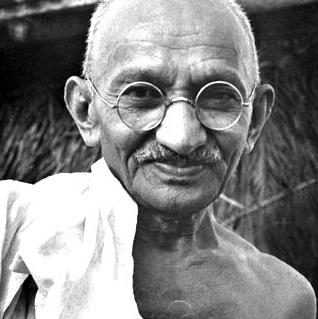



cleansing, hate crimes, healing, inadequate schools, poverty, privileged markets, racism, school violence, the unity of science and religion, sexism, societal fragmentation, spirituality, terrorism, unemployment, unequal access to higher education, war, the prison industrial complex, and xenophobia. A large variety of groups crossing all cultural, economical, educational, gender, lifestyle, national, racial, and religious boundaries will discover new bases for the common ground between us. This Institute will inspire a more profound sense of domestic and international civility and humanity, helping us to appreciate
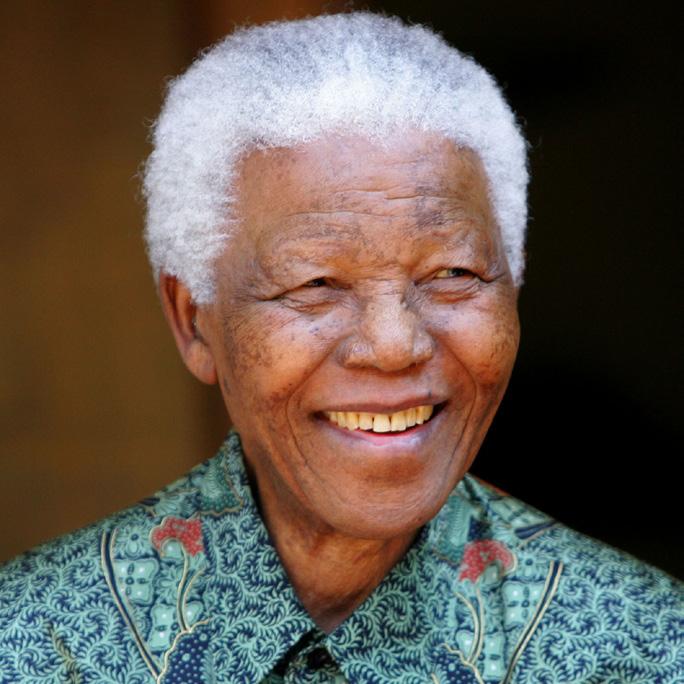
that we are geographically one and are becoming spiritually one. Such diplomacy is reachable as a noble end of reconciling diversity toward which we should strive.
2
TO MAKE KNOWN the life, work, and philosophies of Martin Luther King Jr., Howard Thurman, Benjamin Mays, Floyd McKissick, Samuel Woodrow Williams, Mordecai Wyatt Johnson, George Kelsey, William Jefferson White, Charles T. Walker, Charles Radford Lawrence, James Madison Nabrit, and with Mohandas K. Gandhi as the greatest world leader of the Twentieth Century, and
[] 20 Morehouse College

Daisaku Ikeda as the contemporary embodiment of the philosophy of nonviolence institutionalized internationally.
3
TO HONOR Kasturbai Gandhi for her singular, unsung contribution of role modeling and tutoring her husband in the practice of nonviolence. This will inaugurate a tradition of honoring women whom The Mahatma felt had a natural predisposition to providing nonviolent leadership.
4
TO EXPLORE possibilities of exchanging visiting scholars and students from India and other countries who are experts on and interested in the application of philosophies of nonviolence internationally.
5TO BE A CONDUIT for partnerships and coordinated efforts of domestic and international organizations dedicated to reconciliation work. Some of these partners will be the Carter Center, the Peace Corps, the Fellowship of Reconciliation, Soka Gakki International (Buddhist), the Atlanta Masjid of Al Islam, Science and Spirit Magazine, Holistic Health Magazine, the Morehouse Andrew Young Center for Global Leadership, the India Council of Cultural Relations (New Delhi), the Gandhi Hamer King Center (Denver), UNESCO, Operations Crossroads
Africa, the American Friends Services Committee, the Highlander Institute, the George Mason Institute for Conflict Resolution, the Southern Poverty Law Institute, Oxfam America, the Synthesis Dialogues, Council for the Parliament of World Religions, Association for Global New Thought, the Appeal of the Nobel Peace Prize Laureates Foundation, the Knotted Gun Project, and the Indian American Culture Association of Atlanta, and the Tikkun Community.
6 TO ASSIST in the fulfillment of Resolution GA/9500, unanimously adopted by the 55th plenary meeting of the United Nations General Assembly, November 10, 1998. The resolution called for the International Decade for a Culture of Peace and Nonviolence for the Children of the World (2001-2010), with the year 2000 being a year of education. This includes the inauguration of “A Season of Nonviolence” annually, (January 30 - April 4), a period between the assassination dates of Gandhi and King, respectively.
7TO OFFER consultancy and guidance to institutions and individuals engaged in the study and research of nonviolence for problem solving. We would actively promote the introduction of foundation courses on Gandhian, Kingian, and lkedian philosophies in educational institutions, and facilitate a shift in the attitude of the print and electronic media towards rooting out the culture of violence by generative and creative kinds of nonviolence.
8 TO UNDERTAKE the production and distribution of literature on nonviolence, peace, Gandhi-King-IkedaMandela studies, comparative religion, tolerance, appreciation of differences, and diversity-maturity.
9TO DEVELOP a network of individuals and institutions engaged in the task of peace and justice education, conflict transformation, peace, and justice promotion activities.
10 TO DEVISE suitable formats and programs to bring the arts, particularly performing arts/ dramaturge-in-residence, in peace and justice promotion. We will also seek to develop a comprehensive web page on Mahatma Gandhi, Martin Luther King Jr., Daisaku Ikeda and Nelson Mandela.
We propose to utilize The GandhiKing-Ikeda-Mandela Institute for Cosmopolitan Virtue-Ethics and Reconciliation as an institutionalized forum linking practice, knowledge, and service. Our goal is to help develop thoughtful servant-scholar leaders who think and act differently about problems of oppression and insensitivity which tend to be examined within narrow contexts with little attention paid to their complex and often paradoxical generalities around the world. This program emphasis would further assist the dean of the Chapel and the other College offices in the theological and intellectual exploration of vocation with the future ordained and lay leadership.
Front
KING M · A I · N H D D E N L A A G P E R C I A Z E E P ET FACTA EST LUX
21 38th Martin Luther King Jr. CoLLege of Ministers & Laity

2001
HRH Prince
El Hassan bin Talal Prince of Jordan; President, The Club of Rome

2002
Dr. Michael Nobel Chairman, Nobel Family Society; Chairman, The Nonviolence Project
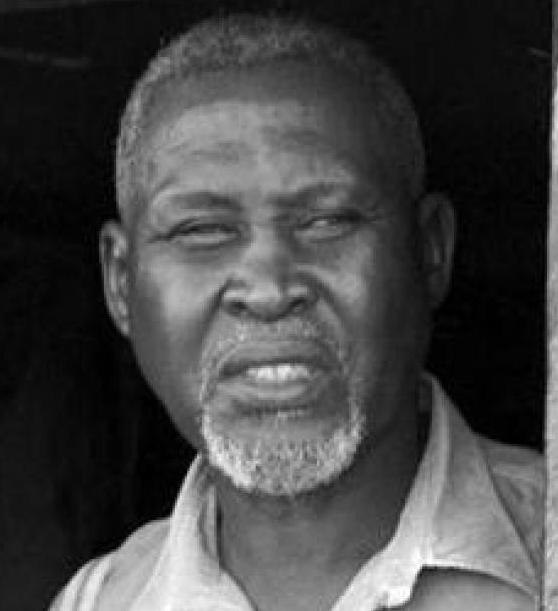
2004
Chief Albert John Luthuli (posthumous) Former President, African National Congress; Recipient, Nobel Peace Prize, 1960

2001
Mr. Nelson R. Mandela
Former President, Republic of South Africa; Former President, African National Congress; Co-recipient, Nobel Peace Prize, 1993

2003
Ms. Betty Williams
Peace Worker, Founder and President, World Centers of Compassion for Children; Co-recipient, Nobel Peace Prize, 1977

2005
Rabbi Michael Lerner Editor, Tikkun Magazine; Founder & National Co-Chair, The Tikkun Community; Rabbi Beyt Tikkun
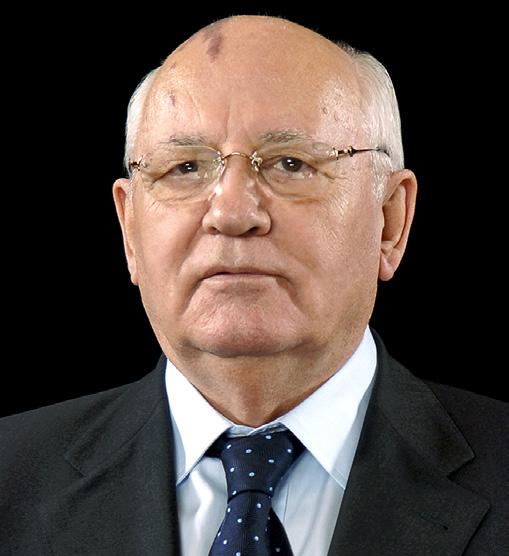
2001
Mr. Mikhail S. Gorbachev
Former President, the Soviet Union; President, The Gorbachev Foundation; President, Green Cross International; Recipient, Nobel Peace Prize, 1990
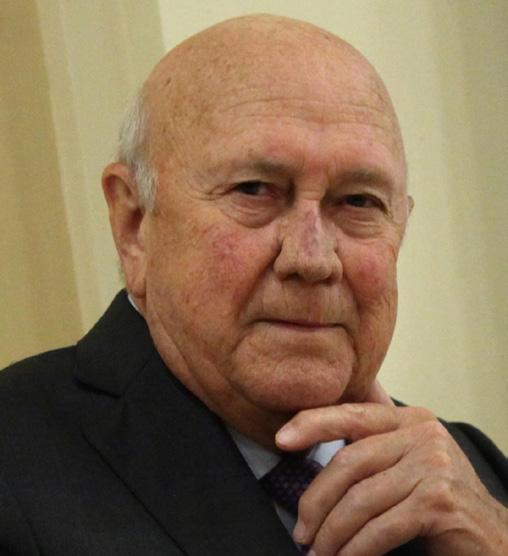
2004
Mr. F. W. De Klerk
Former President, Republic of South Africa; Co-recipient, Nobel Peace Prize, 1993

2005
Mr. John Hume Architect of Northern Ireland Peace Settlement; Founder, Social Democratic and Labour Party; Co-recipient, Nobel Peace Prize, 1994
GANDHI KING IKEDA
COMMUNITY BUILDER’S PRIZE RECIPIENTS
[] 22 Morehouse College

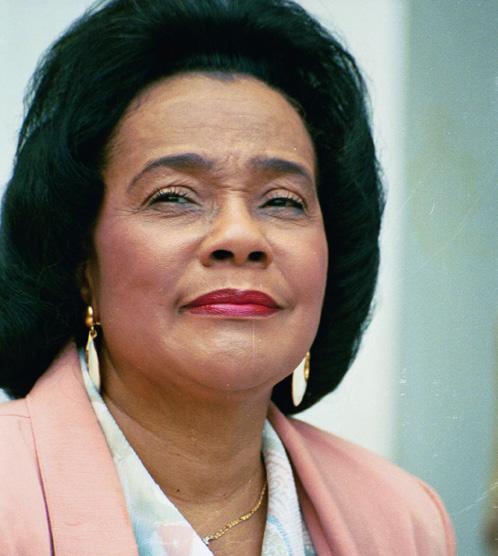
Archbishop Desmond Tutu Anglican Archbishop Emeritus of Cape Town; Recipient, Nobel Peace Prize, 1984 2006
Mrs. Coretta Scott King
First Lady of the Civil Rights Movement; Founder, The Martin Luther King Center for Nonviolent Social Change
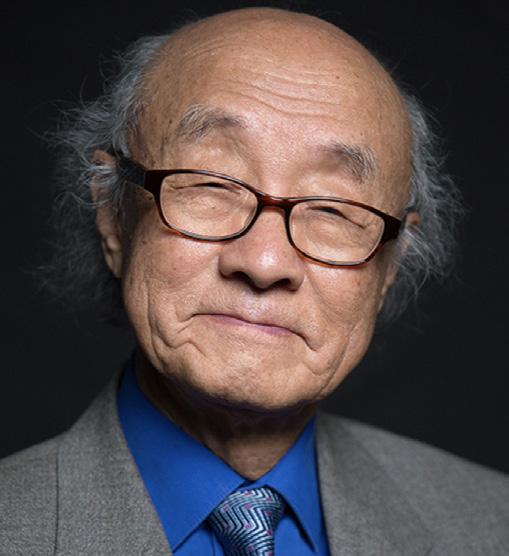
2010
Dr. Han Shik Park
University Professor oflnternational Affairs; Director, Center for the Study of Global Issues; (GLOBIS) University of Georgia; Architect of U.S.-North Korean Relations

2013
His Holiness
Sri Sri Ravi Shankar Founder, Art of Living Foundation, International Association for Human Values
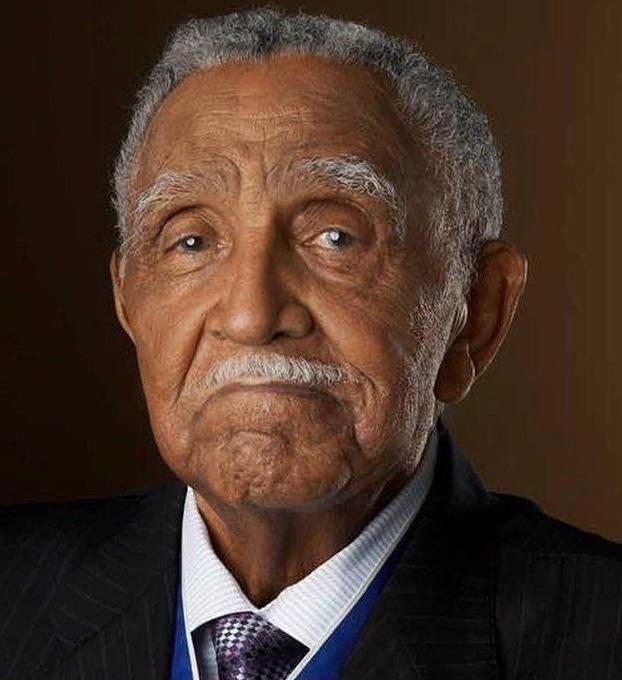
2011 Co-recipient
The Rev. Dr. Joseph E. Lowery
Dean of the American Civil Rights Movement; Co-founder and President Emeritus, Southern Christian Leadership Conference (SCLC)

2014
Dr. Karen Armstrong

Mr. Yitzhak Rabin (posthumous)
Former Prime Minister, State of lsrael; Architect, Oslo Accords; Co-recipient, Nobel Peace Prize, 1994
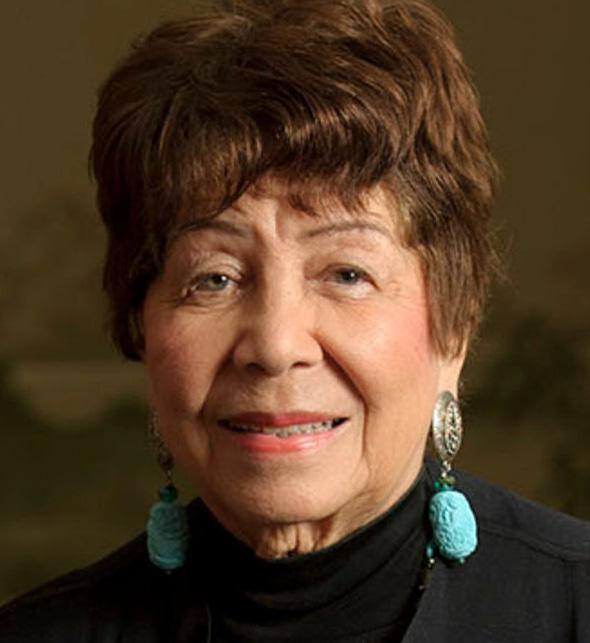
2011 Co-recipient
Mrs. Evelyn Gibson Lowery
Pioneer, American Civil Rights Movement; Founder, SCLC/W.O.M.E.N., Inc. (Women’s Organizational Movement for Equality Now)

Founder, Charter for Compassion; Leading Historian of World Religion; Thinker and Bestselling Author 2015
Amb. Anwarul K. Chowdhury
Former Under-Secretary-General of the U.N. and Ambassador of Bangladesh to UN; Founder of the Global Movement for the Culture of Peace
GANDHI KING IKEDA COMMUNITY
37th martin luther king jr. college of ministers & laity []
BUILDER’S PRIZE RECIPIENTS
2006
2009
23



Dr. Johan Galtung
Father of International Peace and Conflict Studies; Founder, Galtung-lnstitute for Peace Theory and Peace Practice; Founder, TRANSCEND International 2017


Dr. Kai Frithjof Brand-Jacobsen Director, Department of Peace Operations (DPO) - PATRIR
Brother James Gaffney, FSC President Emeritus, Lewis University; Honorary Founder, Lewis University 2022
Dr. Neelakanta Radhakrishnan Chair, Gandhi Peace Mission 2019
2021
Dr. Robert Cummings Neville Professor Emeritus of Philosophy, Religion, and Theology , Dean, 1988-2003, Boston University

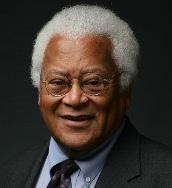
The Rev. James Morris Lawson Jr. Activist, Professor, and Former Pastor of Holman UMC 2023
Russell Marion Nelson Sr. President, The Church of Jesus Christ of Latter-day Saints
GANDHI KING IKEDA
[]
COMMUNITY BUILDER’S PRIZE RECIPIENTS
2016
2018
24 Morehouse College





biography
Gary Dorrien teaches social ethics, theology, and philosophy of religion as the Reinhold Niebuhr Professor of Social Ethics at Union Theological Seminary and Professor of Religion at Columbia University. He was previously the Parfet Distinguished Professor at Kalamazoo College, where he taught for 18 years and also served as Dean of Stetson Chapel and Director of the Liberal Arts Colloquium. Professor Dorrien is the author of 24 books and more than 300 articles that range across the fields of social ethics, philosophy, theology, political economics, social and political theory, religious history, cultural criticism, and intellectual history.
Social critic Michael Eric Dyson wrote in 2021: “Gary Dorrien is the greatest theological ethicist of the twenty-first century, our most compelling political theologian, and one of the most gifted historians of ideas in the world.” Philosopher Cornel West describes Dorrien as “the preeminent social ethicist in North America today.” Philosopher Robert Neville calls him “the most rigorous theological historian of our time, moving from analyses of social context and personal struggles through the most abstruse theological and metaphysical issues.” Dorrien told an interviewer in 2016: “I am a jock who began as a solidarity activist, became an Episcopal cleric at thirty, became an academic at thirty-five, and never quite settled on a field, so now I explore the intersections of too many fields.”
Dorrien has won numerous awards for his publications including: the Choice Award of the American Library Association in 2018 for his book Breaking White Supremacy: Martin Luther King Jr. and the Black Social Gospel; in 2017 Dorrien won the Grawemeyer Award for his book The New Abolition: W. E. B. Du Bois and the Black Social Gospel; in 2012 the Association of American Publishers’ PROSE Award for his book Kantian Reason and Hegelian Spirit: The Idealistic Logic of Modern Theology; the 2010 the Choice Award for his book Social Ethics in the Making, which The Christian Century characterized as “magnificent, sprawling, monumental, captivating, expertly written, and exhaustively researched. Social Ethics in the Making will soon be recognized as a classic.”
More than 50 reviewers described Dorrien’s trilogy, The Making of American Liberal Theology, as definitive. Modern Intellectual



History said it set a new standard for religious intellectual history.
Dorrien has written about economic democracy and social justice politics, post-Kantian philosophy, and modern theology throughout his career. Three of Dorrien’s books on social justice topics derive from his lecturing at universities, conferences, civic groups, and religious communities. Economy, Difference, Empire: Social Ethics for Social Justice (2010) features his lectures on economic democracy, racial and gender justice, and anti-imperial politics. The Obama Question: A Progressive Perspective (2012) draws upon lectures he delivered during President Obama’s first term.
Dorrien has recently authored two major works on democratic socialism, Social Democracy in the Making: Political and Religious Roots of European Socialism (2019), and American Democratic Socialism: History, Politics, Religion, and Theory (2021), both published by Yale University Press.
The third and concluding volume of Dorrien’s history of the Black social gospel tradition trilogy, that includes The New Abolition: W.E.B. Du Bois and the Black Social Gospel and Breaking White Supremacy: Martin Luther King Jr. and the Black Social Gospel, was published by Yale University Press in 2023 under the title A Darkly Radiant Vision: The Black Social Gospel in the Shadow of MLK. Dorrien’s, most recent publication is a single-volume history of American theological liberalism titled The Spirit of American Liberal Theology and there is certainly more to come.
In recent years he has taught as the Horace De Y. Lentz Visiting Professor at Harvard Divinity School, the Paul E. Raither Distinguished Scholar at Trinity College, and Lowell Visiting Professor at Boston University School of Theology. Dorrien lectures frequently in Germany, England, and Canada, and writes for Cross Currents, American Journal of Theology and Philosophy, Tikkun, Christian Century, Telos, Commonweal and other journals. His wife, Brenda Biggs, a Presbyterian minister, died of cancer in 2000; his partner Eris McClure is a fitness trainer; and his daughter Sara Biggs Dorrien-Christians and son-in-law William Christians are Presbyterian pastors in Memphis, Tennessee.
[]
GANDHI KING MANDELA
2024 PEACE PRIZE RECIPIENT & INDUCTION CROWN FORUM SPEAKER
M · A I · N H D D E N L A A G P E R C I A Z E E P ET FACTA EST LUX Martin Luther King Jr International Chapel Morehouse College Atlanta Georgia U.S.A. Front Back KING M · A I · N H D D E N L A A G P E R C I A Z E E P ET FACTA EST LUX Martin Luther King Jr. International Chapel Morehouse College Atlanta Georgia U.S.A. Front
27 38th Martin Luther King Jr. CoLLege of Ministers & Laity
The Reverend Gary John Dorrien, Ph.D. KING
Back
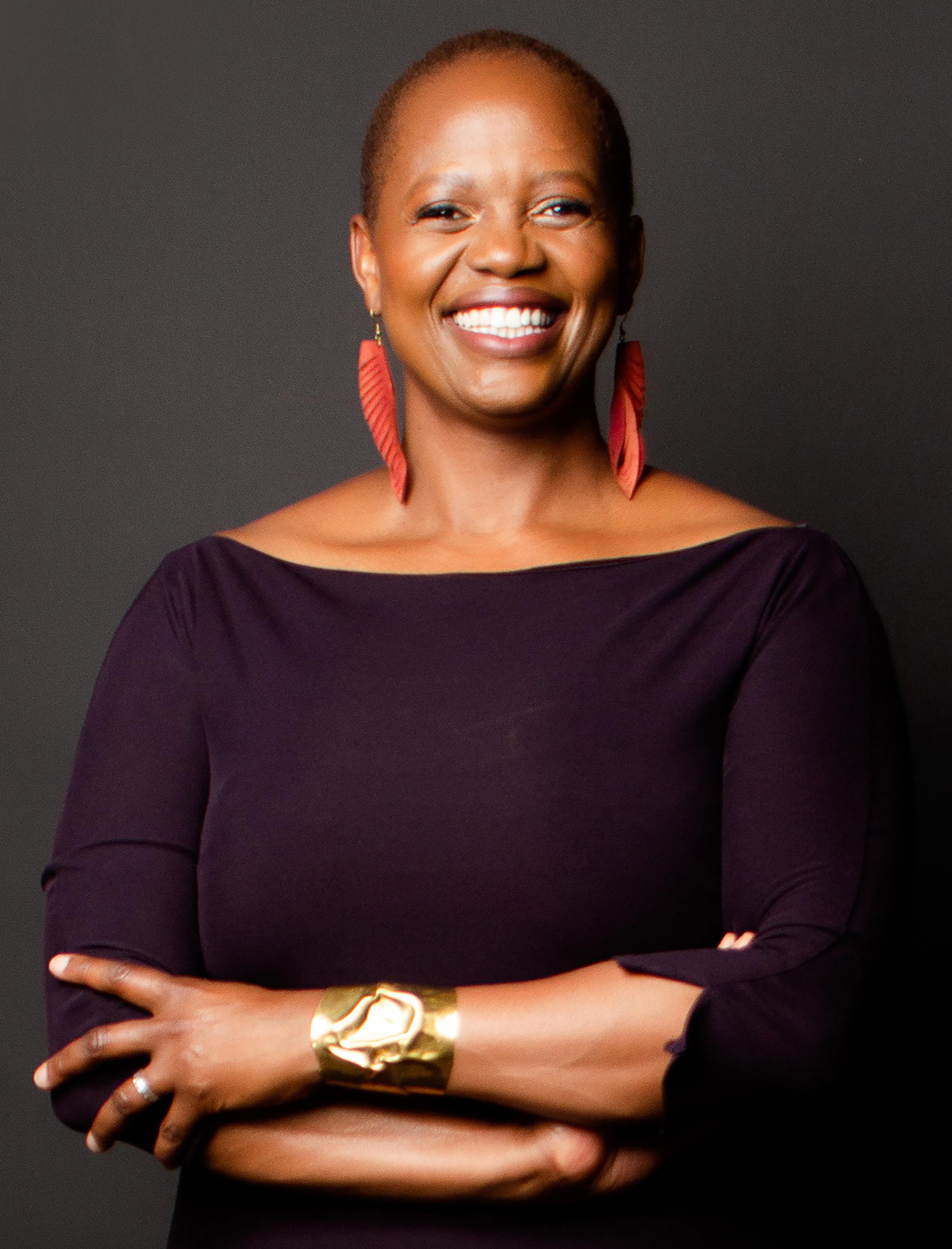
2024 COMMUNITY BUILDER’S PRIZE RECIPIENT

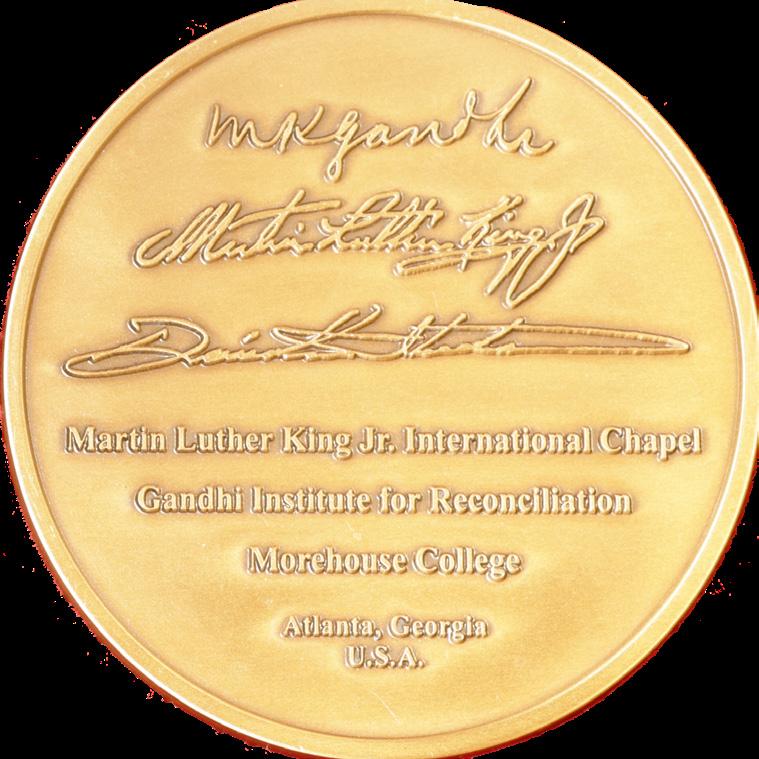
Wanjira Mathai biography
Wanjira Mathai is the Managing Director for Africa and Global Partnerships at the World Resources Institute (WRI) based in Nairobi, Kenya. In this capacity, Mathi convinced the Kenyan Environment Minister to commit to restoring 12.8 million acres of deforested land toward the goal of 100 million hectares (just over 247 million acres) in Kenya by 2030; an effort that supports UN Sustainable Development goals.
She formerly served as VP & Regional Director for Africa, Co-chair of WRI’s Global Restoration Council and a Senior Advisor to the Global Restoration Initiative. She is also the current Chair of the Wangari Maathai Foundation and the former Chair of the Green Belt Movement in Kenya.
Wanjira was born and raised in Kenya, and her mother who was a significant influence, Wangari Maathi, was a social, environmental, and political activist and the first African woman to win the Nobel Peace Prize in 2004. After completing high school in Nairobi, Wanjira moved to New York to attend Hobart and William Smith Colleges, where she majored in biology. She received a master’s degree in public health and in business administration from Emory University. After graduating, Mathai worked on disease control with the Carter Center where she broadened her understanding of diseases that impacted African communities.
An inspiring leader, Wanjira has over 20 years of experience advocating for social and environmental change on both local and international platforms. Over the years, she has also served
important strategic and advocacy roles raising the prominence and visibility of global issues such as climate change, youth leadership, sustainable energy, and landscape restoration at Women Entrepreneurs in Renewables (wPOWER), the Wangari Maathai Foundation (WMF), and the Green Belt Movement (GBM) the organization her mother, Wangari founded in 1977.
Wanjira’s engagement with the UN Sustainable Development Goals inspires taking on global issues including deforestation and energy access including her campaign to plant more than 30 million trees through her work at the Green Belt Movement. Educating youth as a motivational speaker on leadership, environment, and climate change, Wanjira seeks to empower their growth as future leaders through peace-building and decreasing corruption in Kenya.
An indefatigable activist, Wanjira currently serves on the Board of the World Agroforestry Center (ICRAF), as a Leadership Council member of the Clean Cooking Alliance and a member of the High-Level Group of the Africa-Europe Foundation. She is one of a few Six Seconds EQ Practitioners in Kenya and was named one of the 100 Most Influential African Women in 2018, 2020 and 2021. Additionally, the African Leadership University named her among the Top Influential African Women. In April 2023, Time magazine named Wanjira as one of the top 100 most influential people of 2023. In November 2023, she was also named to the BBC’s 100 Women list. A fully committed advocate for youth, women and the environment, Wanjira states that “I am not living in my mother’s shadow, I am basking in her light.”
[]
KING
29 38th Martin Luther King Jr. CoLLege of Ministers & Laity
GANDHI
IKEDA
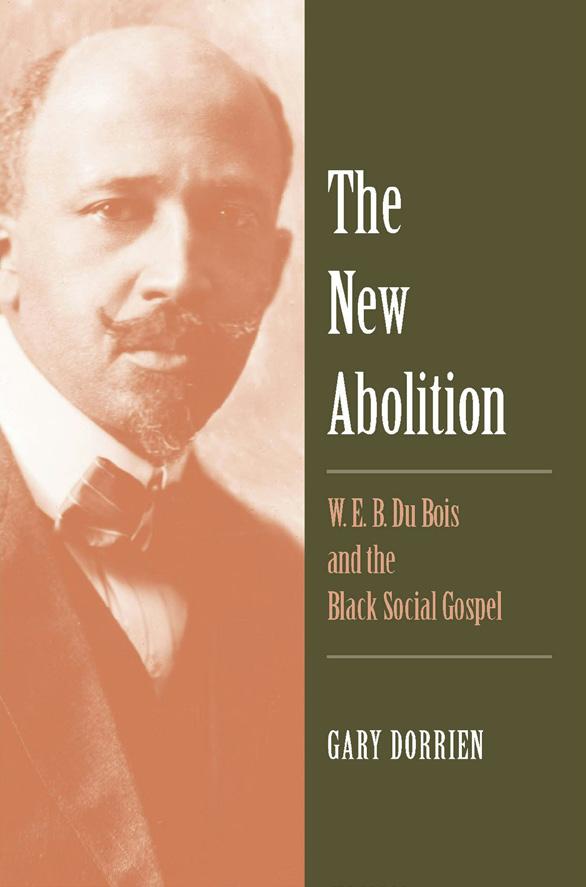
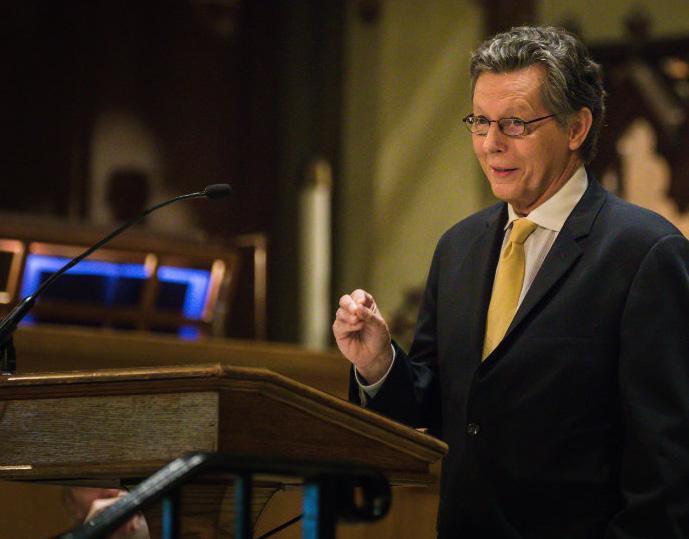
These Gary Dorrien books will be on sale immediately preceding the Nonviolent Cosmic WorldHouse Assembly in the Martin Luther King Jr. International Chapel lobby.


GARY DORRIEN BOOKS for SALE
The third and concluding volume of Dorrien’s history of the Black social gospel traditiontrilogy, that includes The New Abolition: W.E.B. Du Bois and the Black Social Gospel and Breaking White Supremacy: Martin Luther King Jr. and the Black Social Gospel, was published by Yale University Press in 2023 under the title A Darkly Radiant Vision: The Black Social Gospel in the Shadow of MLK

“There can be no keener revelation of a society’s soul than the way in which it treats its children.”
Nelson Mandela
30 Morehouse College
Nonvoilent Cosmic WorldHouse Assembly
The Reverend Dr. Lawrence Edward Carter Sr., Presiding
Dean of the Chapel, Professor of Religion, and Director, Gandhi•King•Ikeda•Mandela Institute for Cosmopolitan Virtue-Ethics and Reconciliation
[]
processional
prelude
call to a ssemble
the occasion
Worldhouse a ssembly a nthem
“Trumpet Tune”
“Joyful, Joyful We Adore Thee”
Ode to Joy, Ludwig Van Beethoven Setting by Joel Raney
Dr. David Francis Oliver Morehouse College Organist
Dr. Marva G. Carter and Pastor Clariece Paulk
The Reverend Dean Carter Sr.
Dr. Michael Bernard Beckwith Founder and CEO, Agape International Spiritual Center, Beverly Hills, CA
video presentations
the tabernacle choir at temple square
presentation
presentation
“ spill the honey ” a nthem
video presentations
theme song
Dr. Robert C. Davidson
Dr. Frederick J. Eikerenkoetter II
Dr. Clarence B. Jones
postlude
“I Ain’t Got Weary Yet” Arr. Courtney Carey
Martin Luther King Jr. National Memorial Out of the Mountain of Despair, a Stone of Hope
“Come, Come Ye Saints” arr. Mack Wilberg
Wanjira Mathai
(Award Received by Wandia Mbuvi)
Gandhi • King • Ikeda Community Builder’s Prize Recipient
Dr. Gary John Dorrien
Gandhi • King • Mandela Peace Prize
“No More Silence”
Arr. Ms. Mali Wilson, Mr. Craig Snider, and Dr. Shari Rogers
Against Antisemitism, Islamophobia & Racism
“Peace On Earth” Rachelle Ferrell
Morehouse College Glee Club
Dr. Harry E. Johnson Sr. 31st President, Alpha Phi Alpha Fraternity, Inc.
Dr. J. Willard “Bill” Marriott Jr.
Mrs. Debbie Marriott Harrison Director, Board of Marriott International
Dr. Mark Wilberg Music Director
Dr. David Anthony Thomas 12th President, Morehouse College
The Reverend Dean Carter
Dr. David Thomas
Dean Carter
Dr. Eboni Marshall Turman
Ms. Mali Wilson, Soloist
Mr. Craig Snider, Pianist
Congresswoman Brenda Lawrence Executive Director, Spill the Honey Foundation
Ms. Chanda Leigh Adeogda , Soloist
the i nternational h all of honor portrait i nductions
Dr. Alfred Daniel Williams King
Dr. Naomi Ruth Barbara King
Bishop Carlton Pearson
“Then Shall the Trumpet Sound”
“Rigaudon”
Arr. Andre Campra
Dr. David Edward Morrow ’80
Professor, Chair of the Music Department, Director of the Glee Club
Dr. David Francis Oliver College Organist
Rabbi Jacob Rothschild
Dr. Timothy W. Sloan
Dr. Richard Lewis Taylor
Dr. Oliver
31 38th Martin Luther King Jr. CoLLege of Ministers & Laity
MARTIN LUTHER KING JR. INTERNATIONAL CHAPEL
CHAPEL ASSISTANTS
For 44 years, one of the signature initiatives of the Chapel has been The Martin Luther King Jr. International Chapel Assistants program. This student organization is open to all who seek to be stretched and strengthened in their faith, engaged in dialogue and action on issues of social justice and human rights, and oriented to the diversity of spiritual perspectives that comprise our Great “World House” concept for wholeness and healing. The Chapel Assistants Program is open to students of all majors and career interests; however, a particular focus is given to those who are discerning vocational callings in lay or ordained ministry and scholarship in the theological academy. The Chapel Assistants Program offers a host of rich experiences and opportunities including: Thurman Thursdays each week at 5:30 p.m. in the Chapel Library; Sermon Talkback Sessions following each Sunday Vesper service; Monthly Sandy F. Ray Preaching Laboratory Sessions; participation in the Festival of Young Preachers; Interfaith Immersion Weekends and Pilgrimages; Ministry in the Arts; Seminary Swing Tours; and, summer internship placements.
Programs & Opportunities for Becoming Ambassadors of Cosmic Peace by Embodying King’s World House Values:
thurman thursdays
Thursdays | 5:30 p.m.
Join the chapel assistants each Thursday for dynamic theological table talks on issues ranging from politics to religion, ethical formation, vocational discernment, leadership development, interfaith engagement and church administration.
sunday vespers
Sundays | 5:30 p.m.
Each Sunday during the semester, join the chapel assistants, the King Chapel Gospel Choir (KCGC) and other Atlanta University Center students, staff and faculty for worship. Preachers include alumni clergy, special guests and select chapel assistants who have preached in the Sandy F. Ray Preaching Lab and or at the Academy of Preachers.
worldhouse academy
The WorldHouse Academy seeks to “deepen the faith of young people by helping them think theologically about their lives as well as the challenges faced by our global community” and “to identify and cultivate a cadre of theologically minded youth who will become leaders in church
and society.”’ The WorldHouse Academy, a youth theological institute that will develop the capacity of high school youth to comparatively and substantively engage the texts. traditions, commitments and histories of the religious communities of their formation; employ critical tools to conduct theological and ethical analysis of current events and the world around them; examine various models of religious vocation and professional theological engagement and, prepare to successfully matriculate as an undergraduate student in a liberal arts institution, particularly Morehouse College and other historically black colleges and universities, with a commitment to robust interdisciplinary preparation for graduate and professional education, hopefully leading to theological and religious vocations.
interfaith assembly
The Gandhi. King, Ikeda Institute for Cosmopolitan Virtue Ethics and Reconciliation at Morehouse College hosts the annual WorldHouse Interfaith Assembly, a supportive and tangible expression of the global movement for peace and nonviolence through the Martin Luther King Jr. International Chapel. We model and teach activism. Nonviolence, optimism and populism in the spirit of Mohandas Karamchand “Mahatma” Gandhi, Martin Luther King Jr. ’48 and Daisaku lkeda promoting a holistic vision for the growth, health, safety and wellbeing of our beloved evolving world cosmos. Our vision is the creation tit a cosmopolitan society in which the full development of everyone’s potential is the central goal.
the howard thurman spiritual and educational trust
Transferred from the Howard Thurman educational Trust (HTET) formed in 1961 in San Francisco. California to Morehouse College in 2009. The HTET was renamed the I-Ioward Thurman Spiritual Educational Trust for Nonviolent Global Conflict Resolution in October 2018. The Trust was established for religious, charitable, scientific, literary. or educational purposes or for the presentation of cruelty to children or animals. Primary activities of the Trust are lo support student educational. international and cultural programs. The Howard Thurman Crown Forum is hosted by the Chapel annually in November as close as possible to the birthdate of Dr. Thurman, November 18, 1899.
the howard thurman honors program
The Morehouse College Honors Program was renamed the Howard Thurman Honors Program in 2019. The Thurman Honors Program is a member of the National Collegiate Honors Council. an international community of educational institutions. professionals. and students who are passionate about advancing honors education in diverse settings yielding a global perspective and a unified voice in support of honors in the classroom and around the campus. A member of the Morehouse Class of 1923, Howard Washington
Thurman remains one of the College‘s most prolific scholars and academicians.
sandy f. ray preaching lab
Are you looking to hone your preaching skills?
As “iron sharpens iron,” the Sandy F. Ray Preaching Lab offers chapel assistants the opportunity to deliver a sermon throughout the year for advice and constructive criticism from peers and seasoned homileticians.
festival of young preachers and the academy of preachers (Fall Semester Annually)
Each fall, chapel assistants and other aspiring preachers sign up and participate in the annual festival. Participants receive coaching and review of their sermon manuscripts in preparation for a select group to participate in the National Festival of Young Preachers sponsored by the Academy of Preachers.
ministry in the arts
The Chapel offers talented men and women the opportunity to lend their voices, talents and gifts in worship through spoken word, dance, vocal and instrumental presentations, drama and visual arts.
seminary swing
The Chapel Assistants program holds a longstanding tradition of preparing its members for theological education on the graduate level. This preparation is due in part to the annual Seminary Swing trip which offers chapel assistants the opportunity to experience student life at schools such as Harvard Divinity School, Yale Divinity School, Princeton Theological Seminary, Union Theological Seminary, University of Chicago, Boston University, Duke University, Southern Methodist University, and Vanderbilt University.
summer internships
The Chapel Assistants Summer Internship Program was established in 2013 as a pilot program of the “WorldHouse Initiative Realized.” The aim of the Chapel Assistants Summer Internship Program is to develop a formal structure for the historically informal and relational process of students identifying and securing summer ministerial internships in congregational contexts.
martin luther king jr . college of pastoral leadership
The College of Pastoral Leadership (CPL) builds on the Chapel’s 43-year, internationally recognized legacy of delivering ecumenical spiritual and vocational education to provide a year- long professional development program that advances the goal to nurture a new generation of highly talented and religiously committed leaders lor church and society. The CPL provides programming and mentoring to help early career pastors and students develop as 21st century moral cosmopolitan leaders.
32 Morehouse College
MARTIN LUTHER KING JR. SCHOLARS
Renard Darnell Allen
Gerard A. Ancrum
Ernest Andrew Brooks III
Gabriel Denard Cloud
Delman Lamont Coates
Jawanza Karriem Colvin
Brandon Thomas Crowley
Devon Jerome Crawford
D’Marre Justin Lamar Craddock*
Brian Russel Davis
Julian Michael DeShazier
Willie Dwayne Francois III
Tiant D’Andre Holloway
JaParis Xavier Key
Brandon Lamar Jackson
Kevin Rae Miles Johnson
Hassan Xavier Henderson-Lott
Lester Agyei McCorn
Tyrone Emmanuel McGowan
David Malcolm McGruder
Rashad Raymond Moore
Echol Lee Nix Jr.
Donavan Jamal Pinner
*2023-2024 Scholarship Recipient
George Anthony Pratt
Winford Kennadean Rice
Joseph Carlos Robinson
Kevin Kitrell Ross
Samuel T. Ross-Lee
Willie J. Seals Jr.
Michael A. Walrond Jr.
Raphael Gamaliel Warnock
Tyler Micah Washington
Beryl Monroe Whipple
Demetrius M.T. Ziegler
MARTIN LUTHER KING JR. INTERNATIONAL CHAPEL ASSISTANTS PROGRAM PRESIDENTS
Carl H. Lane ’81
Gregory George Groover Sr. ’83
Rufus Michael Mosby ’84
Phillip Cusic ’85
Steven Carson ’85
Timothy Alan Williams ’87
Anthony Lindberg Bennett ’88
Samuel Thomas Ross-Lee ’88
Raphael Gamaliel Warnock ’91
Amos Byron Coleman ’93
Micheal Anthony Walrond Jr. 93
Delman Lemont Coates ’95
DeQuincy Manvel Hentz ’96
Jawanza Karriem Colvin ’97
Russel Erich Caufield ’98
Kevin Nelson ’98 (CAU)
Heather L. Johnson ’99 (SC)
Nicholas Scott Turner ’00
Demetrius Melic Zeilger ’03
Vincent Malowry Jones, Jr.’04
Gregory David Jackson ’05
Charles Benjamin Houston ’06
Renard Darnell Allen Jr. ’07
Willie Dwayne Francois III ’09
Tyrone Emmanuel McGowan Jr. ‘10
Rashad Raymond Moore ’12
*Current President
Reginald Wayne Sharpe, Jr. ’13
Winford Kennedean Rice ’14
Devon Jerome Crawford ’15
Christopher Anthony McCroy ’16
Ja’Paris Xavier Key ’17
Tiant D’Andre Holloway ’18
Timothy Michael Browning ’19
Spencer Alexandria Nabors ’C20 (SC)
Donavan Jamal Pinner ’20 ”20
Gabriel Dennard Cloud ’21
Tyler Micah Washington ’23
Elijiah Jahaad Tivon Waller ’24*
33 38th Martin Luther King Jr. CoLLege of Ministers & Laity
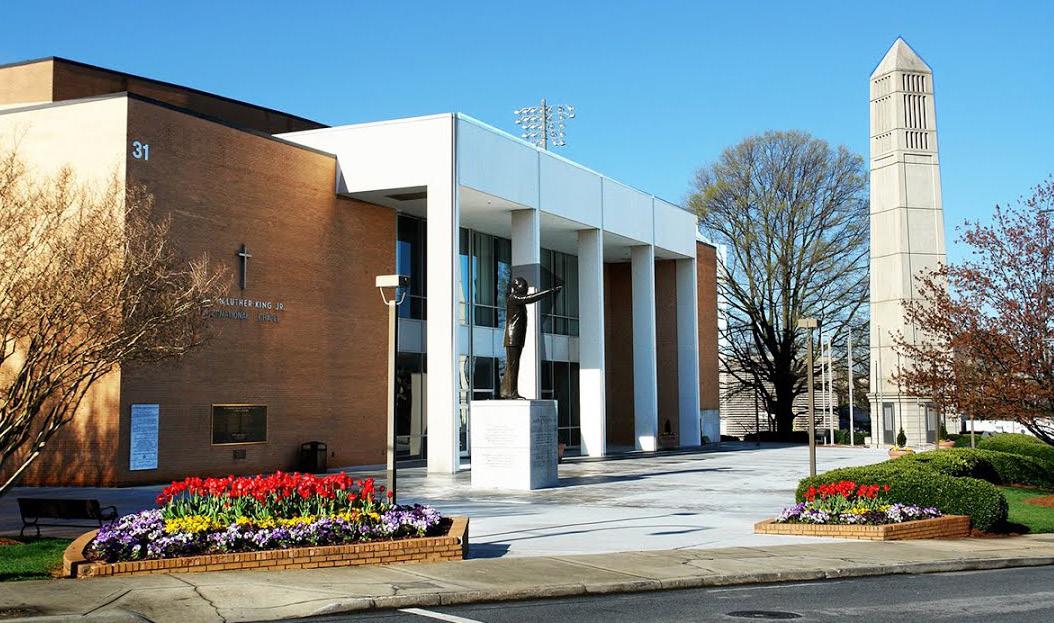
To develop transforming nonviolent ambassadors of peace to reveal and co-create the “Beloved World Economic Community” as a reflection or mirror of the social justice of Jesus.
IMPACT
43 years of growth and expansion; 1500+ program participants
Timeline Morehouse College Martin Luther King Jr. International Chapel
chapel mission and programming MISSION
[]
Chapel
Established Religious
International Hall of Honor Established with 241 Oil Portraits
P.
Organ Installed Faculty on Faith
in the Unified Assembly
Lucious
and Dean’s
Built MLK Jr.
& Laity Established Benjamin Mays Statue and Graves Memorial Dedicated Began hosting
Forums Chapel Dedicated Cornell EverettTalley Pulpit Dedicated Nonviolent WordlHouse Academy MLK Jr. Scholars Established
Madela Received 37 Honorary Degrees Global Ethical Options: In The Tradition of Gandhi, King, & Ikeda by Dr. Lawrence E. Carter Ganhdi Busts Dedicated from India Howard Thurman Educational Trust & Stained Glass Award Established The Bronze Plaque “I Have A Dream” 20th Century Greatest Speech MLK Jr. College of Pastoral Leadership Established Cultivating Morals Cosmopolitan Practitioners $1 Million Dollar Unrestricted Anonymous
Chapel Rededicated After Completion of $11 Million Dollar Chapel Restoration
Church of
Morehouse College and Spelman College Glee Clubs
57
Hung
Nave
G. Adams Scholars Established 18 Students Scholarships Established for Morehouse College and Spelman College Students
Built Science & Spiritual Awareness Week Inaugurated Program for Theological Exploration of Vocation Established Rabin-King Initiative Established Elevator Installed
Community Builders Prize Established Parents Parting Ceremony Inaugurated
Baptist Preacher’s Buddhist Teacher: How My Interfaith Journey with Daisaku Ikeda Made Me a Better Christian by Dr. Lawrence E. Carter
Vesper Hour Founded Lawrence E. Carter Installed as First Chapel Dean
Assistance
Emphasis Week Founded
Wendell
Whalum Pipe
started
King Statue Erected
Toben Library
Office
College of Ministers
Crown
Nelson
GIft
The
Jesus Christ of Latter-Day Saints’ Choir Sings with
Nonviolet Cosmic WorldHouse Assembly Established
United Nations Cosmic WorldHouse Flags
in Chapel
Charles
Thurman Obelisk
Gandhi-King-Ikeda
A
Motley,
Ginsburg
Teenage
IN THE BEGINNING A Festschrift Honoring by L.E.C.
Samuel DuBois Cook, Henrietta Szold, Abraham Joshua Heschel, Constance Baker
Yitzhah Rabin, Coretta Scott King, Martin Luther King, Jr., Ruther Bader
Covenant Fellos Established WorldHouse
Academy
Talley-Butts Pulpit Rededicated
1979 1979 1982 1985 1986 1990 2000 2019 2022 2024 1984 1994 1995 1990 2009 2015 2023 2019 2014 34 Morehouse College
Gandhi-King-Mandela Peace Prize Established
THE GREAT WORLDHOUSE
Martin Luther King Jr. International Chapel
The Reverend William Jefferson White ’11, D.D. (Hon.) Founder of Morehouse College
Willie Edward Woods ’85, M.B.A. Chairman, Board of Trustees
Delman L. Coates ’95, Ph.D. Chairman, Martin Luther King Jr. International Chapel Trustee Committee
David Anthony Thomas, Ph.D., M.B.A., M.Phil. Twelfth President of Morehouse College
The Reverend Robert Michael Franklin Jr. ’75, Ph.D., D.D., D.H.L. President Emeritus
Walter Eugene Massey ’58, Ph.D., D.S., D.Hum., Ed.D., D.H.C., Mult. President Emeritus
Leroy Keith Jr. ’61, Ph.D. President Emeritus
Hugh Morris Gloster Sr. ’31, Ph.D., Ll.D., D.H.L., Litt.D., D.H.C., Mult. President Emeritus and Founder of the King Chapel
The Reverend Lawrence Edward Carter Sr., 33° Ph.D., D.D., D.H., D.R.S, D.H.C., Mult.
Dean of the Chapel, Professor of Religion, College Archivist, and Curator
The Reverend Terry Farrell Walker Sr. ’89, M.Div. Director, Chapel Relations
Mrs. Kimberly Gaines Wigley Executive Assistant to the Dean
The Reverend Devon Jerome Crawford ’15, M.Div. Associate Campus Minister
Joseph Vann Jones ’19, M.Div. Candidate MLK Jr. International Chapel Intern
Guy Edward Mitchell Audio/Visual Technology Support
David Francis Oliver, D.M.A. College Organist
The Reverend Donna Eugenia Walker C’1994, D.Min. African Dance Consultant and Chapel Volunteer
Marva Griffin Carter, Ph.D. Music Consultant and Pianist
The Martin Luther King Jr. International Chapel Trustee Committee Members
Willie E. Woods ’85 Chairman (Ex Officio)
David A. Thomas (Ex Officio)
Richard Thaler Jr.
Delman L. Coates ’95 Chair
Otis Moss III ’92
Charles David Moody Jr. ’78
Harold V. Bennett
Lawrence Edward Carter Sr.
Terry F. Walker Sr. ’89
m artin luther k ing jr . international chapel a ssistants e xecutive board 2023-24
Elijiah Jahaad Waller ’24 38th President
Jah’Karious Nkosi Conley ’25 Vice President
Caleb Isaiah Cage ’25 General Secretary
Sarah Alise Williams C ’2025 Treasurer
Calvin Roosevelt Bell ’24 Historian
Aylon De’on Gipson ’24 Parliamentarian
Andarious Marshawn James Porter ’24 Chief of Staff
Johnny Simmons ’26 Deacon Board Chair
Raquan Taheer Clemmons ’26 Outreach & Evangelism Co-Chair
Rebekka Marie Henry C’2025 Outreach & Evangelism Co-Chair
Anthony Mitchell ’24 Outreach & Evangelism, CAU Liaison
Gregory Charles Brown ’24 Scholarship & Practical Ministry Chair
Jaylon Thomas Simmons ’26 Worship & Liturgical Arts Chair
Emmanuel Japhon Dean ’24 Interfaith Chair
Trey Allan Washington ’24 Hospitality Chair
Kameron Elijah Motley ’27 Public Relations & Digital Media Chair
35 38th Martin Luther King Jr. CoLLege of Ministers & Laity
SUPPORT THE
CHAIRISHING CAMPAIGN

The Martin Luther King Jr. International Chapel is a cosmic treasure that serves as the world’s most prominent religious memorial dedicated to the life, legacy, and Black social gospel justice tradition of its iconic namesake, Martin Luther King Jr. It is a beacon for global change and an incubator for innovative ideas that advance civil human rights ethics.
For those who dream of a beloved world economic community, nonviolent social change, personal and inclusive transformation, peace, and justice, the King Chapel at Morehouse College offers a scholastic and spiritual home for the study of King and his philosophy.
The internationally acclaimed Dean of the King Chapel, the Rev. Dr. Lawrence Edward Carter Sr., has spent the past four decades building the world house memorial into a global ministry that promotes excellence, ethics, equality, and engagement, while encouraging and inspiring ambassadors of peace, unity, and harmony to carry King’s work and commitment to human dignity by saving democracy for all.
Share in preserving the King Chapel at Morehouse College by purchasing a chair today.
A $1,500 gift will enable you to buy a new tuxedo seat with an engraved plaque that will be on display in the historic venue that has hosted lectures by world dignitaries, scholars, theologians, celebrities, and newsmakers. Highlight your own name on a chair or honor the memory of a loved one.
From hosting 2,200 students for weekly community meetings to thousands of parents who entrust their beloved sons to the College each fall—and tens of thousands of visitors who snap photos of the King Statue on the International Plaza throughout the year—King Chapel is the living room in which Morehouse College welcomes world leaders of consequence.
In the sacred hush of The Crown Nave, the walls have countless tales to tell from ministers and leaders of diverse faiths and nationalities— people who share a common love for human kind and respect for people of all racial, economic, and gender identities. Their images have been captured in over 200 oil portraits that pay tribute to their journeys as humble servant scholar-leaders who became solidarity rights champions. Like King, they dedicated their lives to making the world a better place for saving and spreading democracy.
An investment in preserving King Chapel, our global treasure at Morehouse, is an investment in the ideals, values, vision, and courage of emerging servant scholar-leaders, who, in ways small and grand, will carry on King’s legacy and fulfill his dream.
Visit giving.morehouse.edu to Commit to Purchasing a Chair for $1,500.*
* Morehouse College employees can purchase chairs for $1,000 for a limited time.

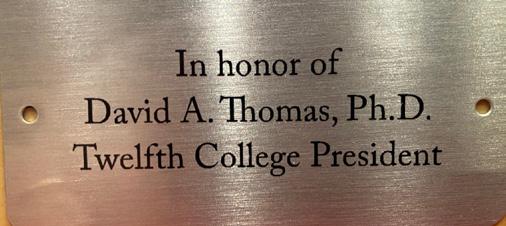





After You Make Your Gift, Scan the QR Code and Add Your Name to Morehouse History.
MAIN LEVEL SAMPLE NAMEPLATE M A K I N G MEN O F C ONSE Q U E N C E
BALCONY
MAKING MEN OF CONSEQUENCE
THE CAMPAIGN FOR MOREHOUSE COLLEGE
For more than 156 years, Morehouse College has been at the forefront of transformational change, developing enterprising Black men who use their influence and intellect to improve society. Our success in producing trailblazers is rooted in our mission to develop exceptional men with disciplined minds for lives of leadership and service. This philosophy compels Morehouse to set high expectations for every student we admit, to nurture their potential, and to propel them on the path to academic excellence and career success.
The proven result of this journey of self-exploration and development is the Morehouse Man. And it is no coincidence that you will find Morehouse Men in leadership in every industry, from politics and business to tech and the arts. We set the expectation for excellence the moment our scholars arrive on the Morehouse campus.
The Pillars of the Campaign are as follows:

RISING MEN OF MOREHOUSE
Ensure a Morehouse education is affordable and accessible to the best and brightest scholars from around the world.
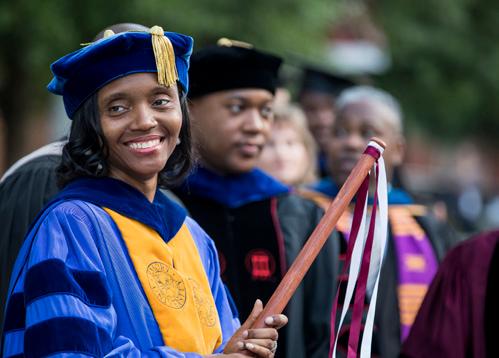
INQUIRY WITH DISTINCTION
Recruit and retain exceptional faculty who are at the top of their fields and will advance our teaching and research.
With more investment, as the top producer of Black male excellence at scale, Morehouse could have an even greater impact in higher education. We need your help as we build the College of the future and expand our reach globally as a higher education icon and thought leader on issues of social justice, race, culture, equity, and inclusion.
Now is the time for Morehouse to step forward in a bold way. Morehouse can become the nation’s top liberal arts college with your support.
Morehouse has launched a historic $500 million fundraising campaign, Making Men of Consequence: The Campaign for Morehouse College, and identified four pillars of success. The Making Men of Consequence Campaign will run for five years, concluding in June 2026.

CAMPUS OF THE FUTURE
Modernize our physical and virtual campus to promote learning, foster community, and prepare students for the global age.
SUPPORTING THE CAMPAIGN FOR MOREHOUSE COLLEGE

CENTERS OF EXCELLENCE
Join the global community in addressing the world’s biggest problems.
Why the Morehouse College “Making Men of Consequence” Campaign Matters
The Campaign for Morehouse is about making strategic investments in Morehouse College’s future as the institution offers its academic programs and thought leadership to new audiences beyond the campus’ borders. Our fundraising priorities are grounded in the College’s imperatives to:
• Enhance the Student Experience
• Enrich Community, Economic, and Family Life
• Expand International Reach
• Increase Research Opportunities
• Strengthen Stewardship
• Advance Our Culture of High Performance
Morehouse educates 2,300 students annually. Approximately 60% of rising Morehouse Men come from families with a household income of $40,000 or less. More than 80% of Morehouse scholars take out federal loans to pay
for their education. Their families also tend to invest in their Morehouse education, which drains family finances. Black households have the highest rate of unemployment and the lowest median net worth, lagging behind Asian, white, and Latin American families. Taking on student loan debt further exacerbates the wealth gap between Blacks and other racial groups.
Morehouse College is working toward a future in which our endowment will allow the financial flexibility to support all deserving scholars, and the scholarships we offer students will be need blind. As more alumni and friends become involved in this goal, Morehouse will ensure that every qualified student—regardless of his finances—can afford a Morehouse education.
For more information on the Making Men of Consequence Campaign, visit impact.morehouse.edu/campaign
To make your gift: giving.morehouse.edu
37
See the Victory Before Us and Walk On!
Words by Dr. Uzee Brown Jr. ’72
1 Here we stand, surrogate voices— of those who have been silenced— by tragedy, indifference and time. We stand amidst a world where deception freely roams, And integrity and truth are held as crime.
Refrain:
Yet reverently we stand the heirs of this great land, and lift our voices high with cheerful song!
Walk on by faith, walk on with hope, with renewed determination to press on sing praise to the God of all creation, the hope of every nation see the victory before us and walk on!
2 Here we stand, bearing witness, to nature’s aberrations. Where disasters, unpredictable plague the near and distant lands. Oblivious to change, so many fail to heed—foreboding signs the universe commands.
Refrain:
Yet reverently we stand the heirs of this great land, and lift our voices high with cheerful song!
Walk on by faith, walk on with hope, with renewed determination to press on sing praise to the God of all creation, the hope of every nation see the victory before us and walk on!
3 Here we stand, champions of freedom, where courageous voices cry out, and fight for justice every day. We have thrived amidst the threats that democracy may fail, as we face new jolts and struggles on the way.
Refrain:
Yet reverently we stand the heirs of this great land, and lift our voices high with cheerful song!
Walk on by faith, walk on with hope, with renewed determination to press on sing praise to the God of all creation, the hope of every nation see the victory before us and walk on!
See the victory before us and walk on! Yes, just walk on!
Dear Old Morehouse
Dear old Morehouse, dear old Morehouse, We have pledged our lives to thee; And we’ll ever, yea forever, Give ourselves in loyalty.
True forever, true forever, To old Morehouse may we be; So to bind each son the other, Into ties more brotherly.
Holy Spirit, Holy Spirit, Make us steadfast, honest, true, To old Morehouse, and her ideals, And in all things that we do. J.O.B.
Mosley ’29
38 Morehouse College
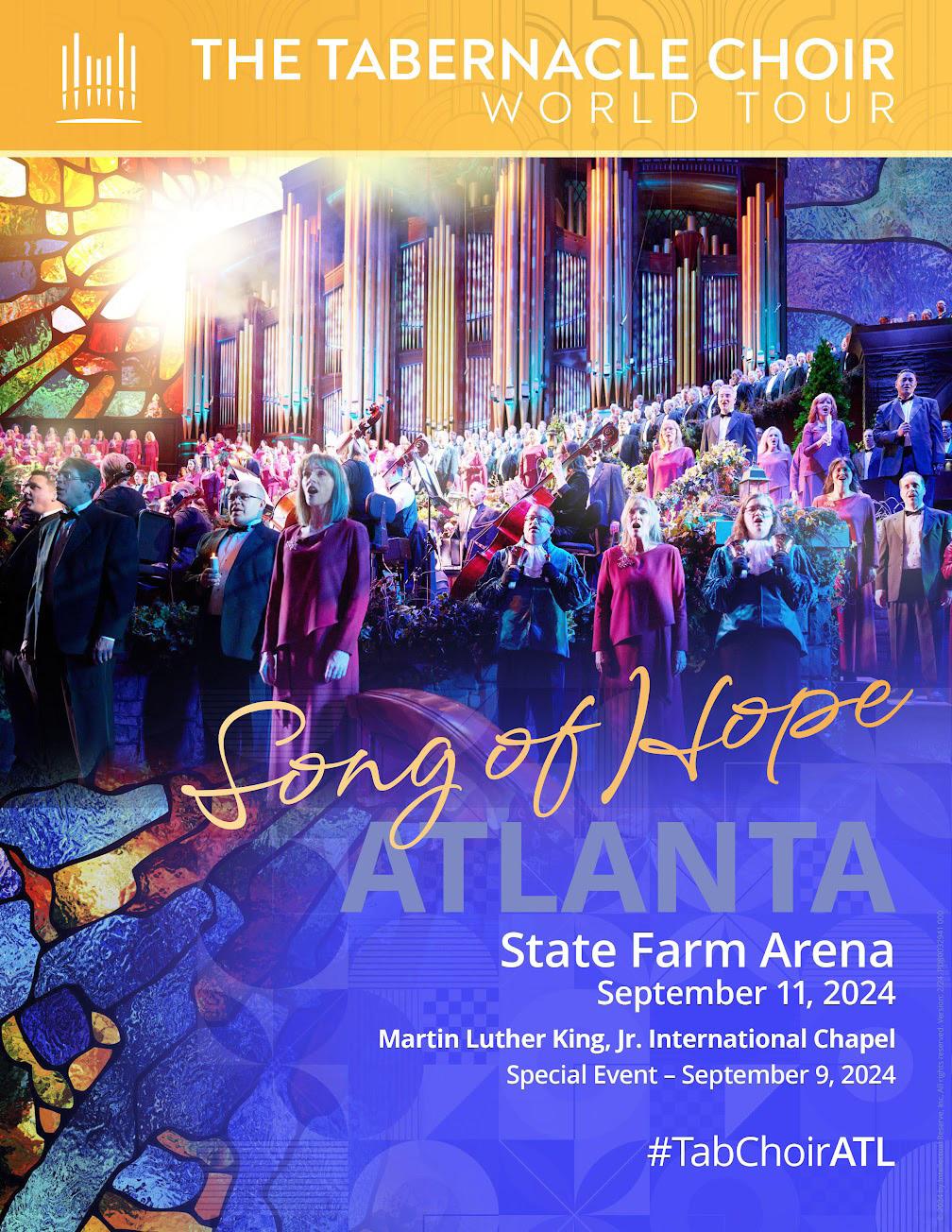
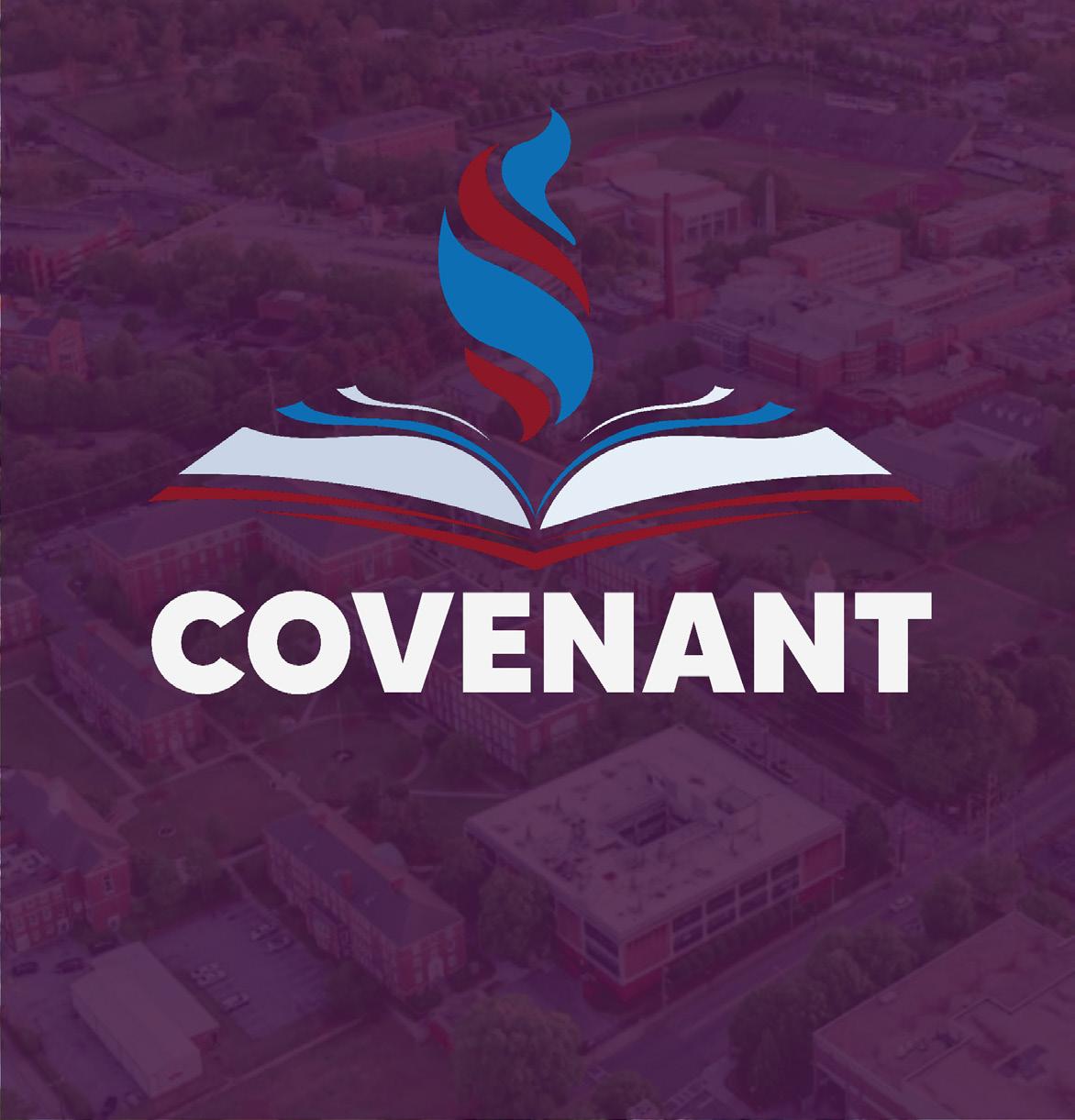
COVENANT is a cooperative partnership of the Consulate General of Israel to the Southeast and the Martin Luther King Jr. International Chapel at Morehouse College. Our work commemorates the rich history of African American and Jewish collaboration and mutual support. Our dialogue, events, and academic programs draw upon the legacies of African American, Jewish and Israeli leaders − Henrietta Szold, Abraham Joshua Heschel, Constance Baker Motley, Yitzhak Rabin, Samuel DuBois Cook, Coretta Scott King, Martin Luther King, Jr., and Ruth Bader Ginsburg − who have inspired generations of moral cosmopolitans devoted to the rigorous study and pursuit of peace and reconciliation.

Acknowledgments and Institutional Partners






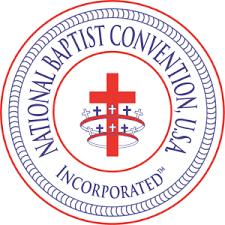
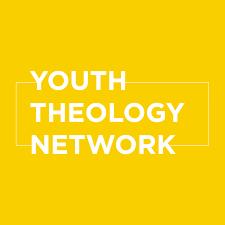
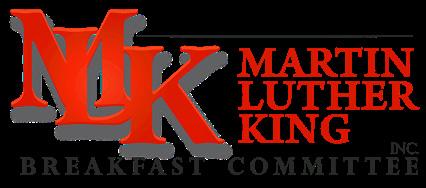





Dr. Benjamin E. Mays Historic Preservation Site



 with the Morehouse College and Spelman College Glee Clubs
with the Morehouse College and Spelman College Glee Clubs


Martin Luther King Jr. International Chapel Morehouse College 830 Westview Drive, S.W. Atlanta, Georgia 30314-3773 P: 470.639.0323 F: 470-639-0976
martin-luther-king-jr-international-chapel
morehouse.edu/life/campus/









 David A. Thomas, Ph.D. Twelfth President, Morehouse College
David A. Thomas, Ph.D. Twelfth President, Morehouse College



























 Renee Lavana Alston Jonathan Cunningham Augustine Willie Bodrick II Tar-U-Way Richard Allen Bright Sr. Vanessa Motoka Brown
Bryan L. Carter Benjamin Franklin Chavis Courtney L. Clayton Jenkins
Demetrius Lee Davis Kelon D. Duke Xavier Eikerenkoetter Valerie Tate Everett Timothy Brandon Farmer
Sheleta Evette Fomby Grisanthia Dale Franklin Kyndra Danyelle Frazier Sara Taylor Garrard
John F. Green
Henry E. Green Jr. David W. Green Sr.
Jarvis Jermaine Hanson Sammie Haynes
Marvin Luther Crawford
Renee Lavana Alston Jonathan Cunningham Augustine Willie Bodrick II Tar-U-Way Richard Allen Bright Sr. Vanessa Motoka Brown
Bryan L. Carter Benjamin Franklin Chavis Courtney L. Clayton Jenkins
Demetrius Lee Davis Kelon D. Duke Xavier Eikerenkoetter Valerie Tate Everett Timothy Brandon Farmer
Sheleta Evette Fomby Grisanthia Dale Franklin Kyndra Danyelle Frazier Sara Taylor Garrard
John F. Green
Henry E. Green Jr. David W. Green Sr.
Jarvis Jermaine Hanson Sammie Haynes
Marvin Luther Crawford
























 Daniel Anthony Heath Jeremy Q. Henry Juleun Andrew Johnson Bryan Anton Jones Delesslyn Audra Kennebrew
Kerwin Broussard Lee Charles Hannon Lewter IV Elmer S. Martin Sr.
Rashad Raymond Moore Ray A. Owens Brianna Katrice Parker DeAndre B. Patterson Kevin Lamár Peterman
David Shosanya Angelic Simmons
Michael Allan Smith
Teresa E. Snorton Jack Spencer Jr.
Richard Price De’Quon Antonio Quarles
Quintin L. Robertson
Troy Sanders Osagyefo Uhuru Sekou
Robert L. McDowell
Elijah Llewellyn McDavid III
Daniel Anthony Heath Jeremy Q. Henry Juleun Andrew Johnson Bryan Anton Jones Delesslyn Audra Kennebrew
Kerwin Broussard Lee Charles Hannon Lewter IV Elmer S. Martin Sr.
Rashad Raymond Moore Ray A. Owens Brianna Katrice Parker DeAndre B. Patterson Kevin Lamár Peterman
David Shosanya Angelic Simmons
Michael Allan Smith
Teresa E. Snorton Jack Spencer Jr.
Richard Price De’Quon Antonio Quarles
Quintin L. Robertson
Troy Sanders Osagyefo Uhuru Sekou
Robert L. McDowell
Elijah Llewellyn McDavid III












 Christopher Taylor Sr. Curt D. Thomas Donna Eugenia Thomas Walker George Bernard Walker
Jarrett Britton Washington Johnathan Thomas Gabriel Wilkins Sr.
Daryl L. Williams
Bruce Wilson Ramah Wright
Elizabeth Elaine Yates
Nicholas Kristopher Young
Christopher Taylor Sr. Curt D. Thomas Donna Eugenia Thomas Walker George Bernard Walker
Jarrett Britton Washington Johnathan Thomas Gabriel Wilkins Sr.
Daryl L. Williams
Bruce Wilson Ramah Wright
Elizabeth Elaine Yates
Nicholas Kristopher Young















 Ronald K. Alexander Derek Anderson Shawn Victor Austin
Krystal Marie Bracy Charles Anthony Bryant
Leo Henry Davis Jr.
Debbie Marriott-Harrison
Raymond Ingram
Jonathan Buckley Small
Harry E. Johnson
Adrianne Camille Smith
Shannon Heath Longino
David Ziyambi
Jennifer Barkley Jones Austin
Ronald K. Alexander Derek Anderson Shawn Victor Austin
Krystal Marie Bracy Charles Anthony Bryant
Leo Henry Davis Jr.
Debbie Marriott-Harrison
Raymond Ingram
Jonathan Buckley Small
Harry E. Johnson
Adrianne Camille Smith
Shannon Heath Longino
David Ziyambi
Jennifer Barkley Jones Austin





















 Naomi Adele André Obi Asika Emory Berry Jr.
Helen Berry
Myron Dewayne Brown Stephen Michael Cady Joi Carr
Charles Harold Frederick Davis III
Jean Derricotte-Murphy Ambre Lynae Morgan Dromgoole Kenneth Elmore
Julius B. Fleming Jr Nyle Fort Gregory Hall
James Howard Hill Jr. Michael Hodge
Betty Whitted Holley Darryl Bernard Holloman
Judson L. Jeffries
Leonard Curry
Ammie L. Davis
Naomi Adele André Obi Asika Emory Berry Jr.
Helen Berry
Myron Dewayne Brown Stephen Michael Cady Joi Carr
Charles Harold Frederick Davis III
Jean Derricotte-Murphy Ambre Lynae Morgan Dromgoole Kenneth Elmore
Julius B. Fleming Jr Nyle Fort Gregory Hall
James Howard Hill Jr. Michael Hodge
Betty Whitted Holley Darryl Bernard Holloman
Judson L. Jeffries
Leonard Curry
Ammie L. Davis























 Cornelius V. Johnson III Malene Minor Johnson Melanie Chanté Jones Quarles Tammy Lynn Kernodle Bill J. Leonard
Vincent William Lloyd Jared Anthony Loggins Joshua Maurice Myers
Nathaniel Norment Jr. Marcus Clevon North Jeffrey Ogbonna Green Ogbar
Veronica Perry
Rossie Emitt Turman
Taurean Jamar Webb
Bryson Chester Matthew White
Simon Woolley
Chelsea Brooke Yarborough
Bridget LaShonne Piggue
Teddy RaShaan Reeves Frank Leon Roberts
Alphonso F. Saville IV
Nicole Sarita Symmonds
Cornelius V. Johnson III Malene Minor Johnson Melanie Chanté Jones Quarles Tammy Lynn Kernodle Bill J. Leonard
Vincent William Lloyd Jared Anthony Loggins Joshua Maurice Myers
Nathaniel Norment Jr. Marcus Clevon North Jeffrey Ogbonna Green Ogbar
Veronica Perry
Rossie Emitt Turman
Taurean Jamar Webb
Bryson Chester Matthew White
Simon Woolley
Chelsea Brooke Yarborough
Bridget LaShonne Piggue
Teddy RaShaan Reeves Frank Leon Roberts
Alphonso F. Saville IV
Nicole Sarita Symmonds
















































































 with the Morehouse College and Spelman College Glee Clubs
with the Morehouse College and Spelman College Glee Clubs

